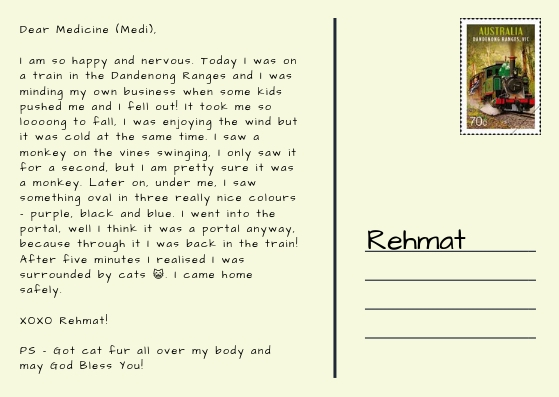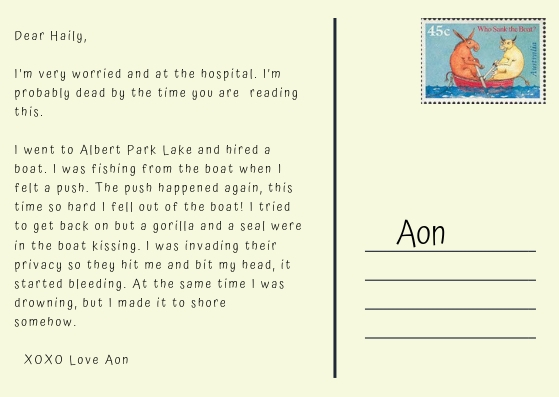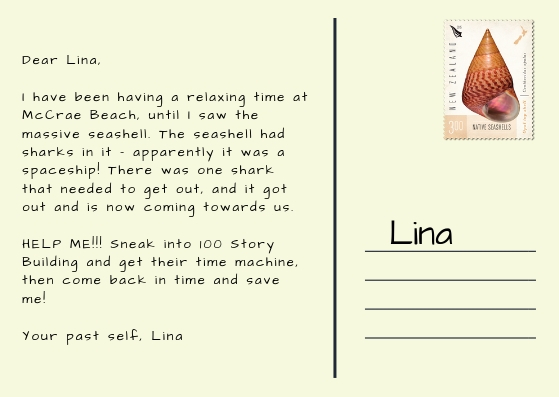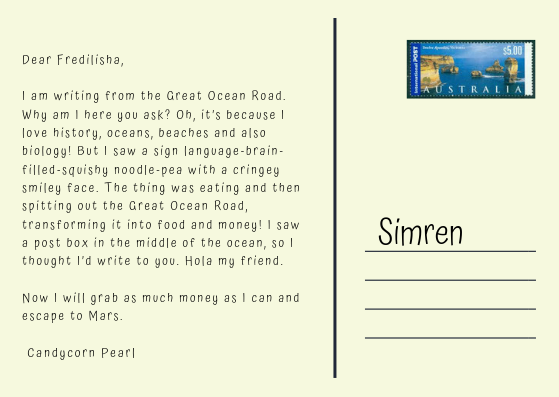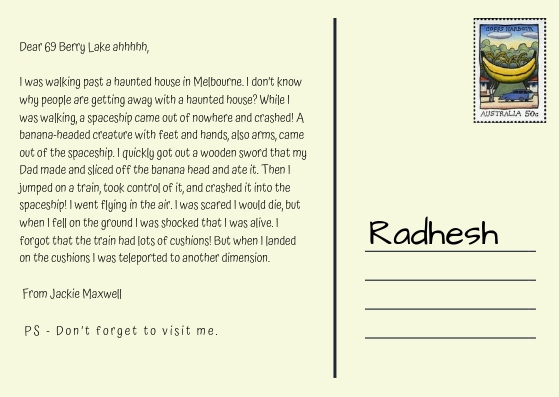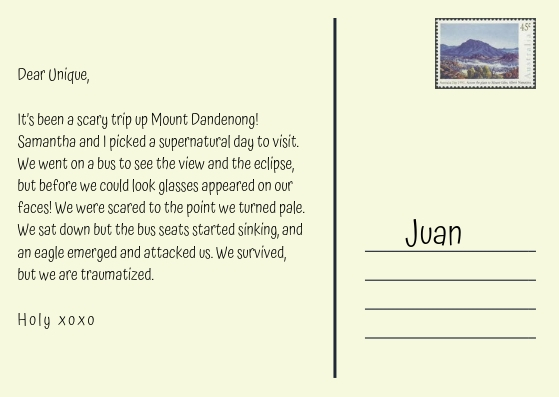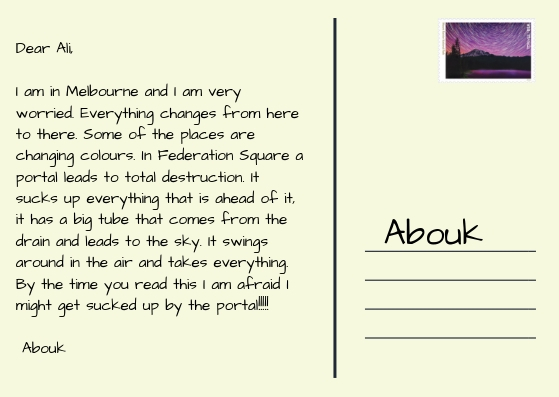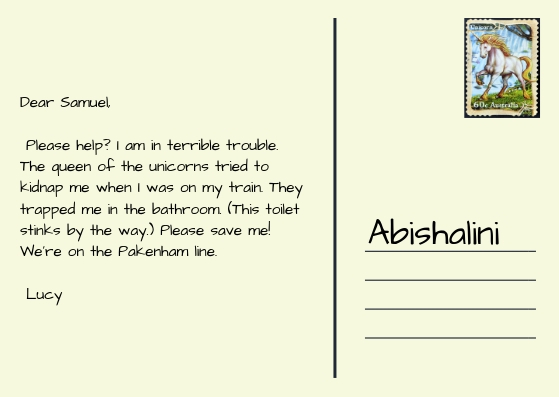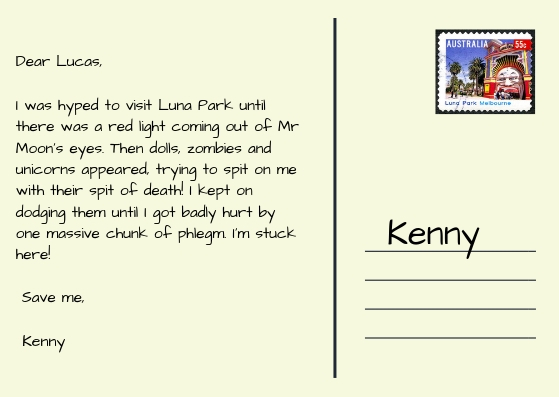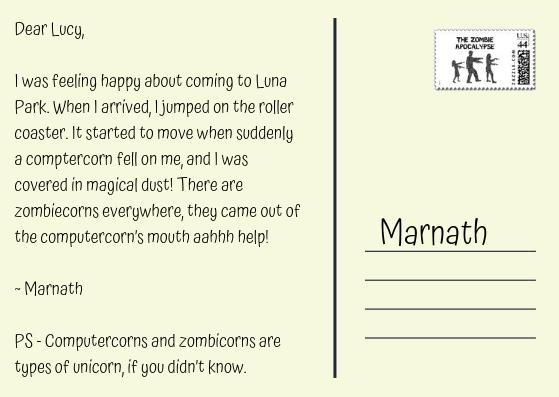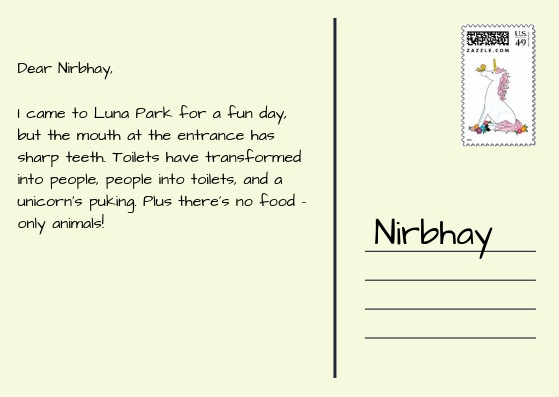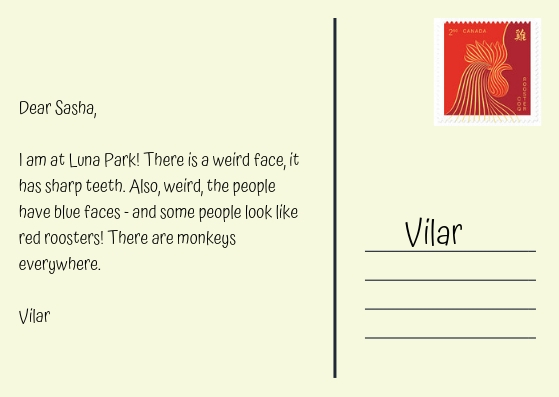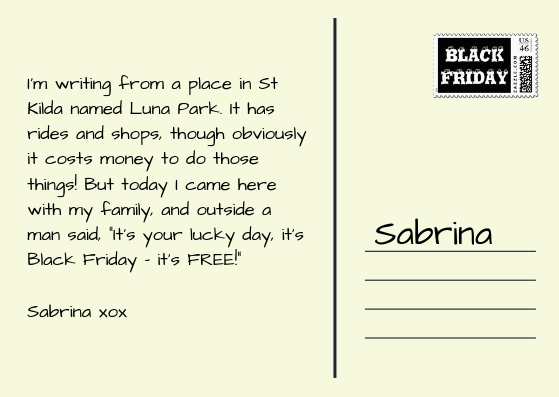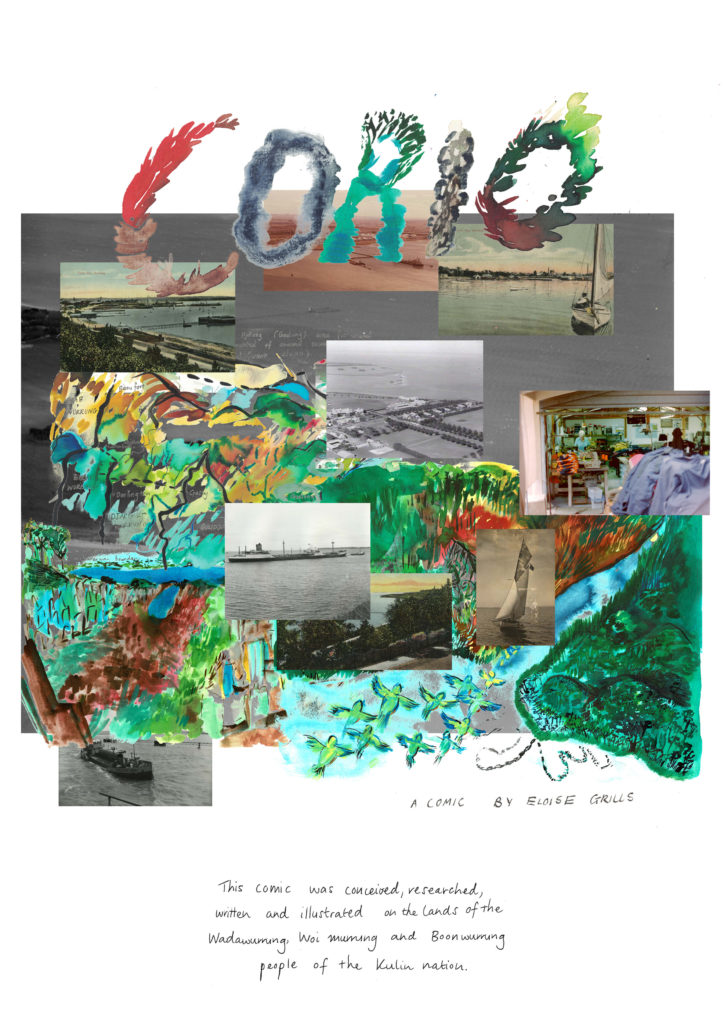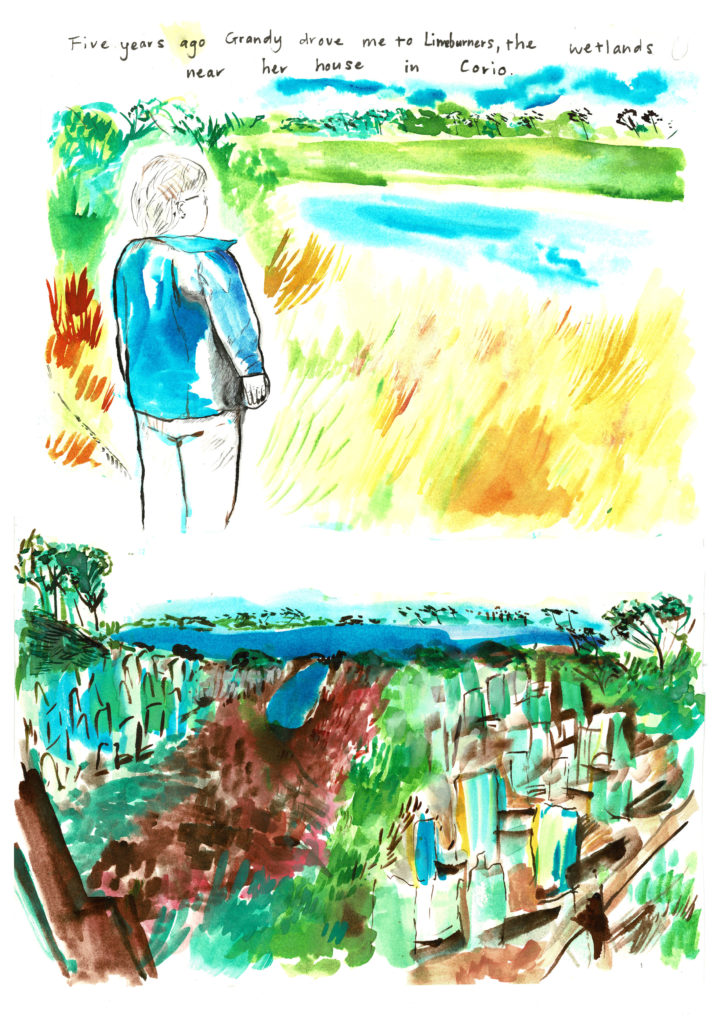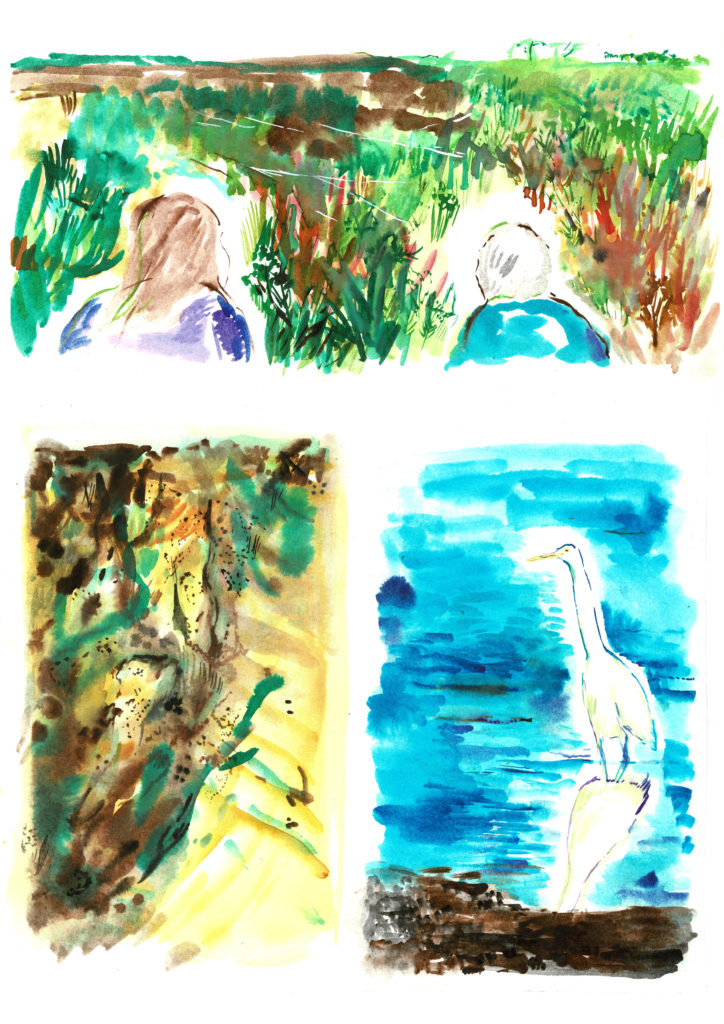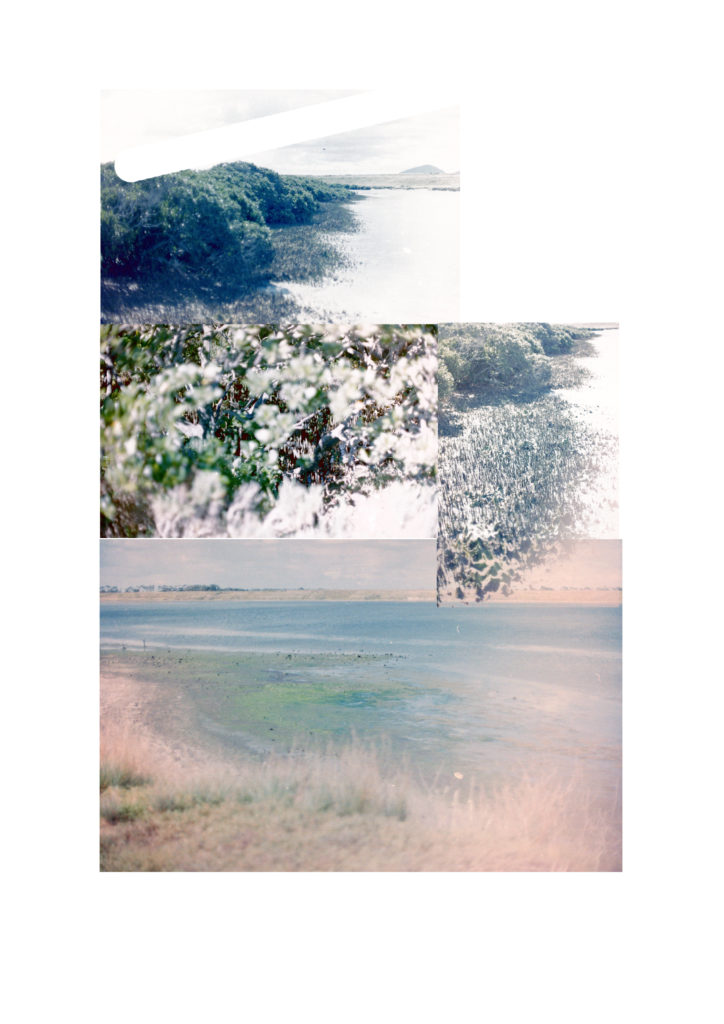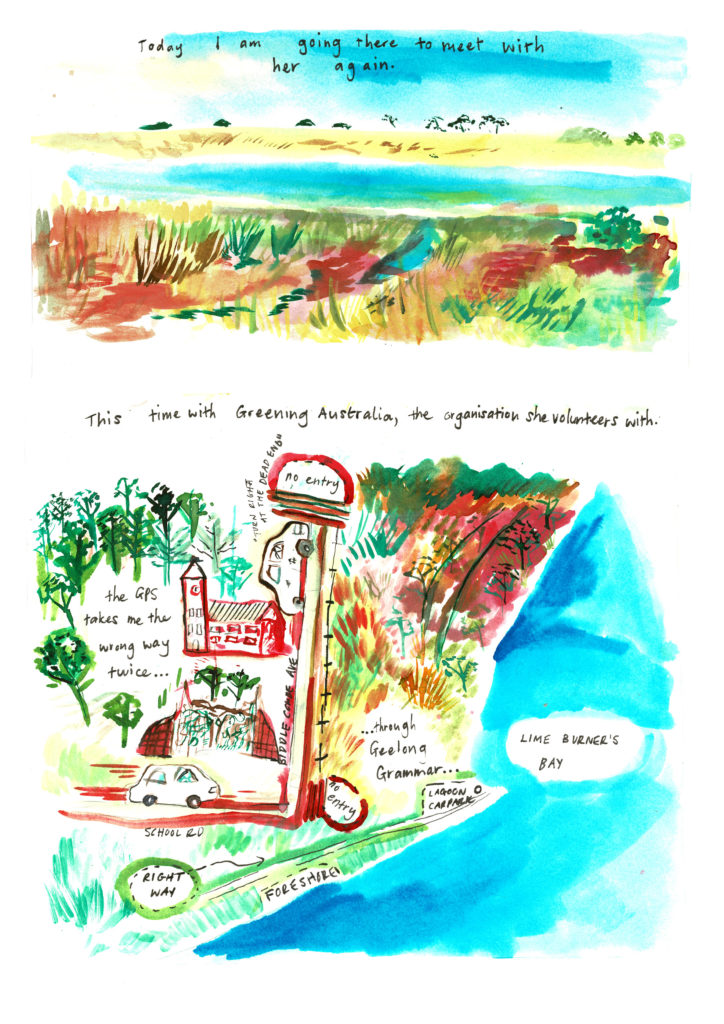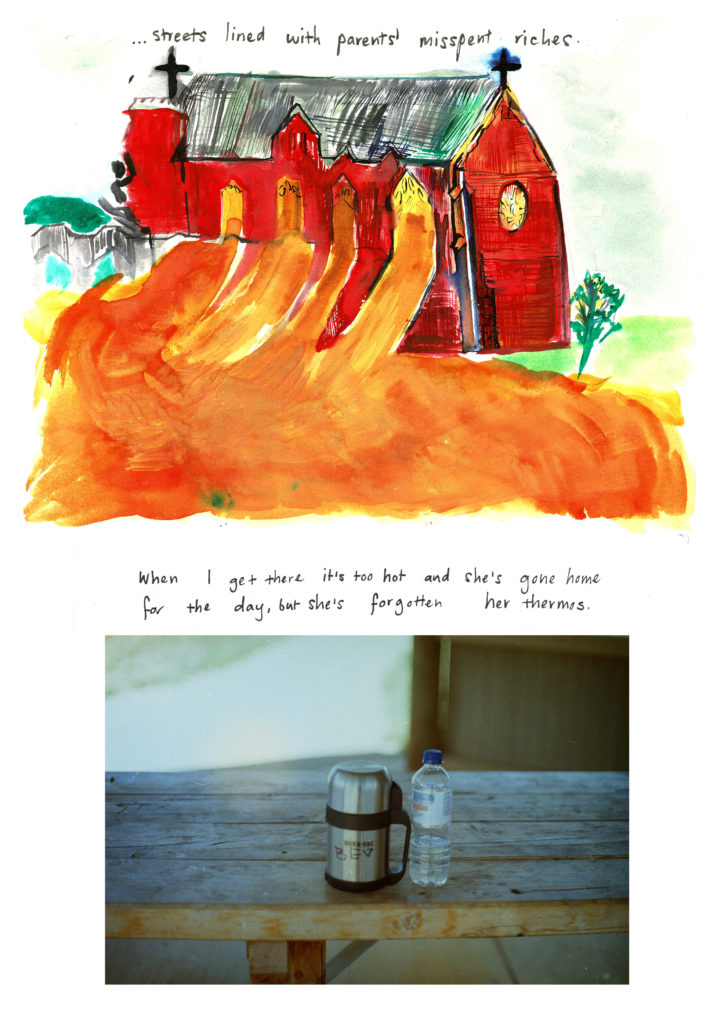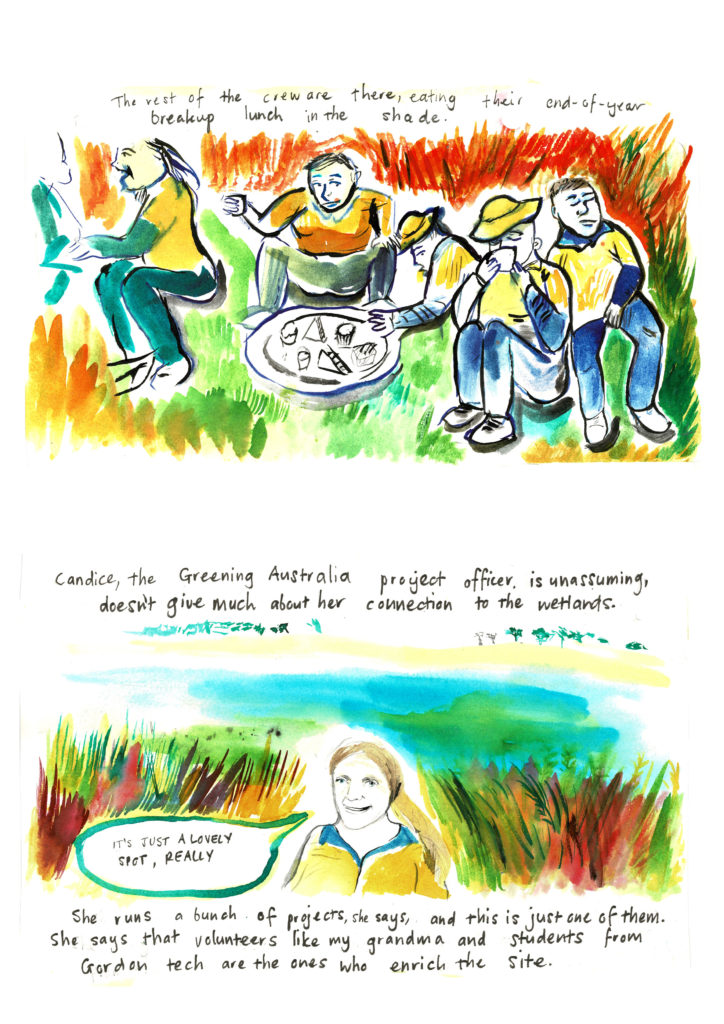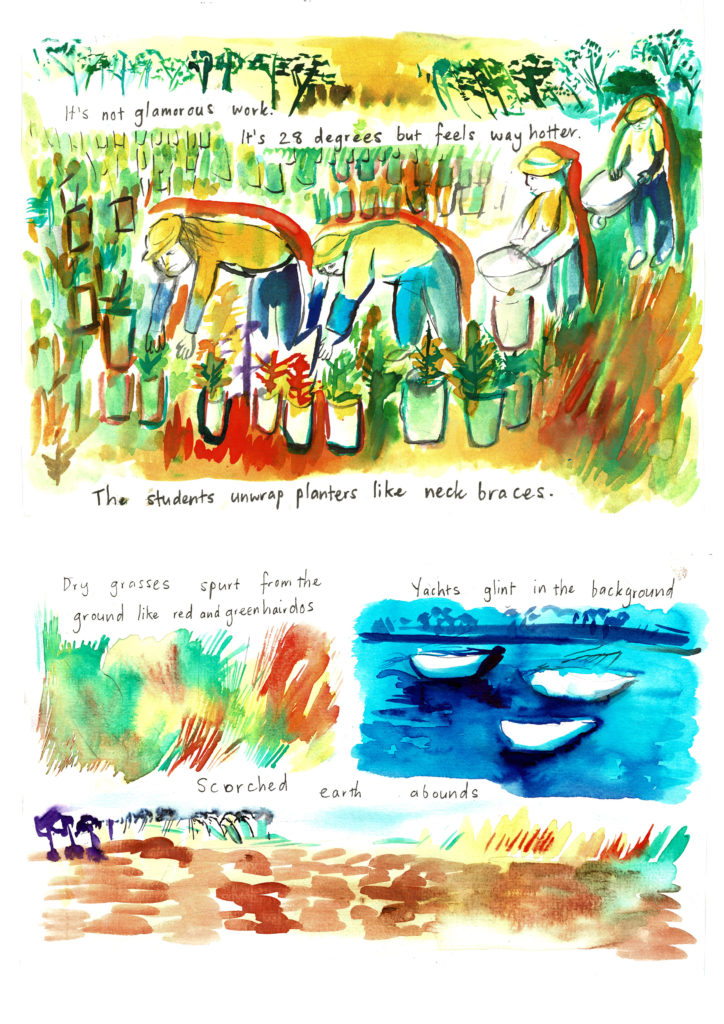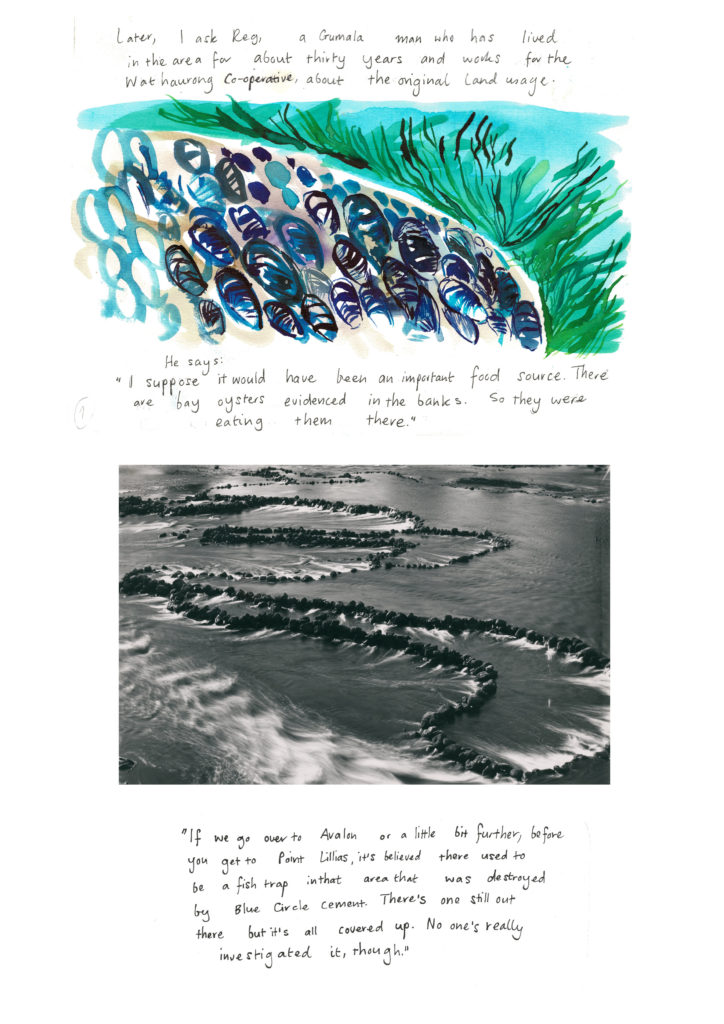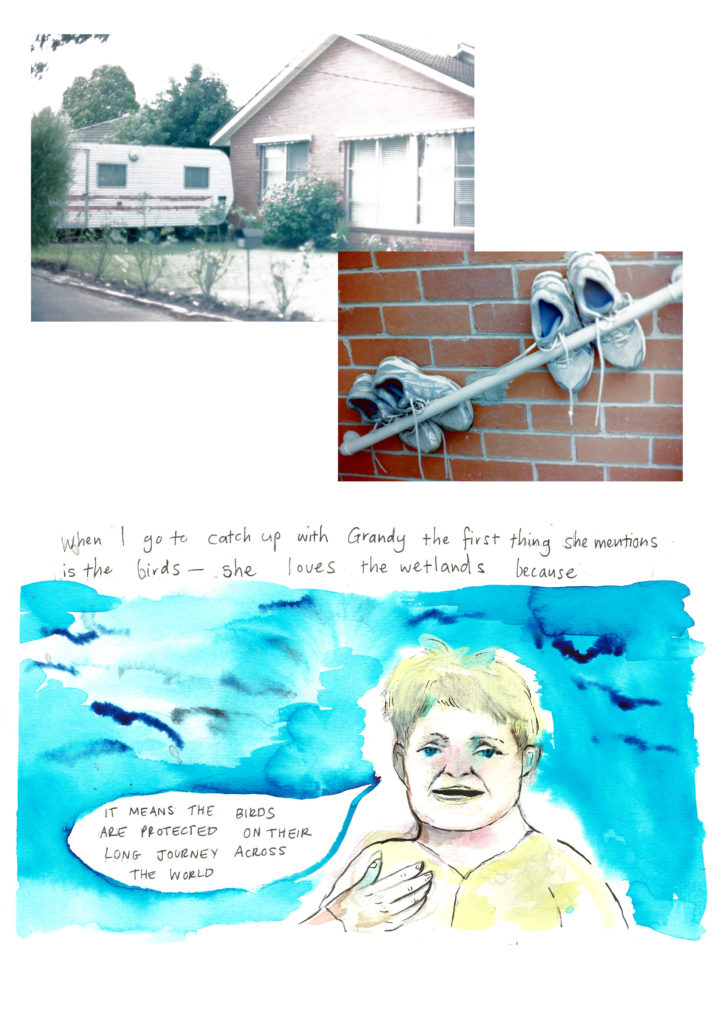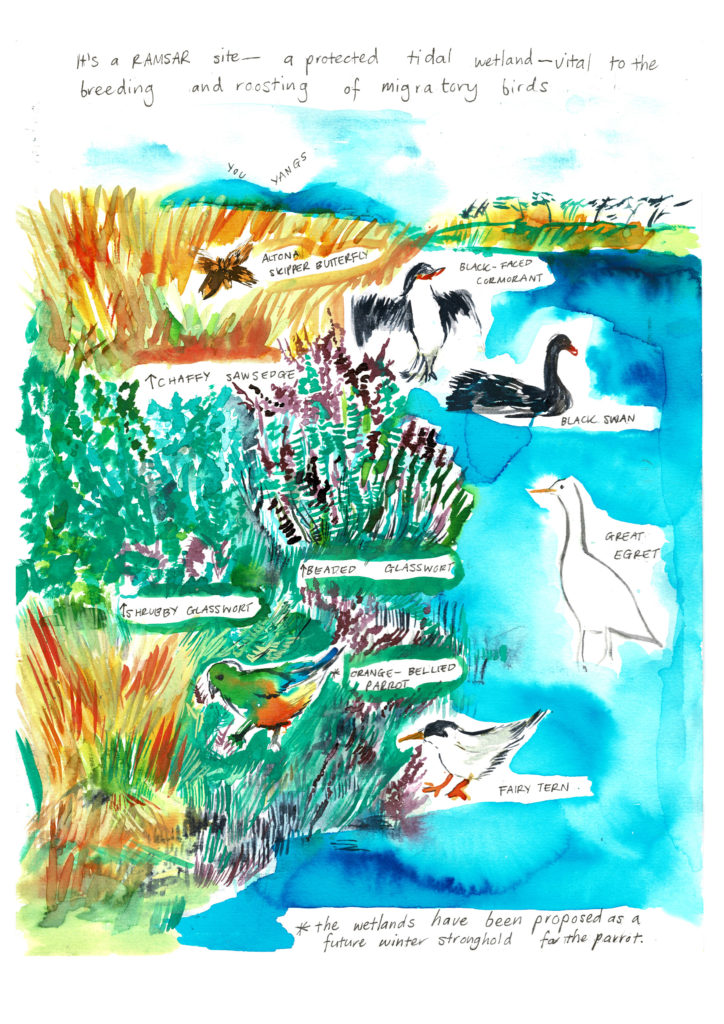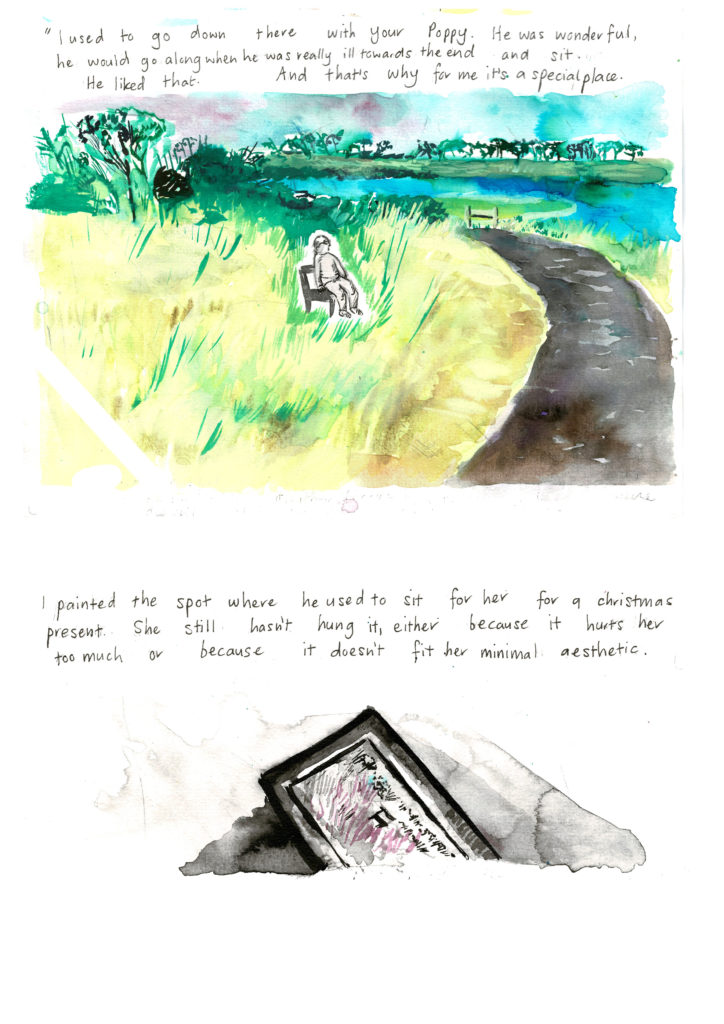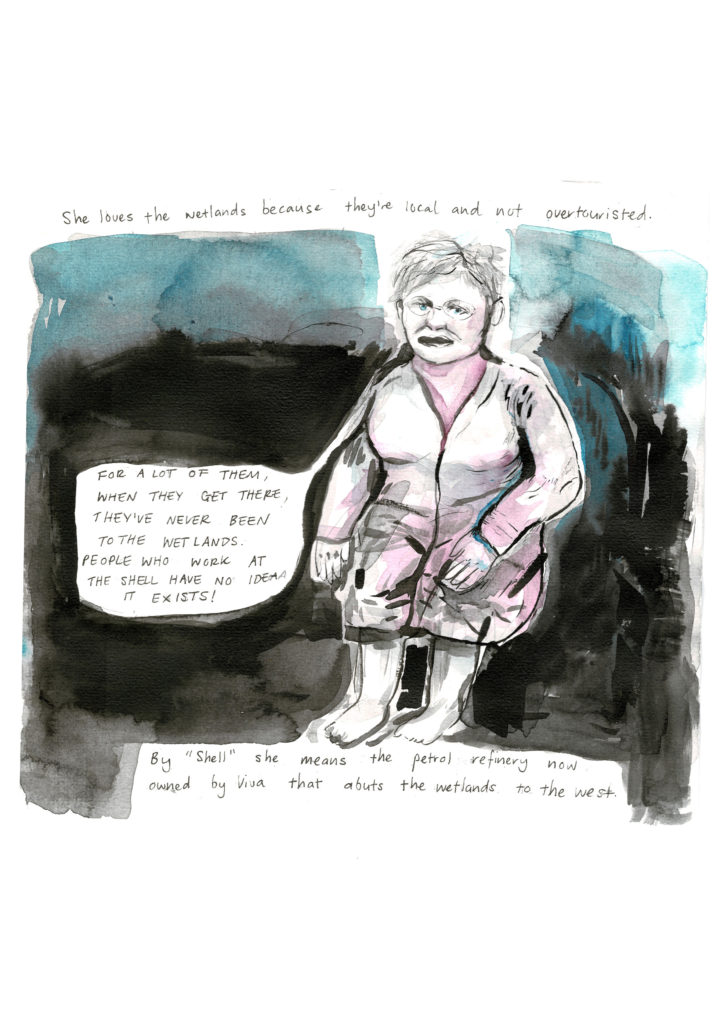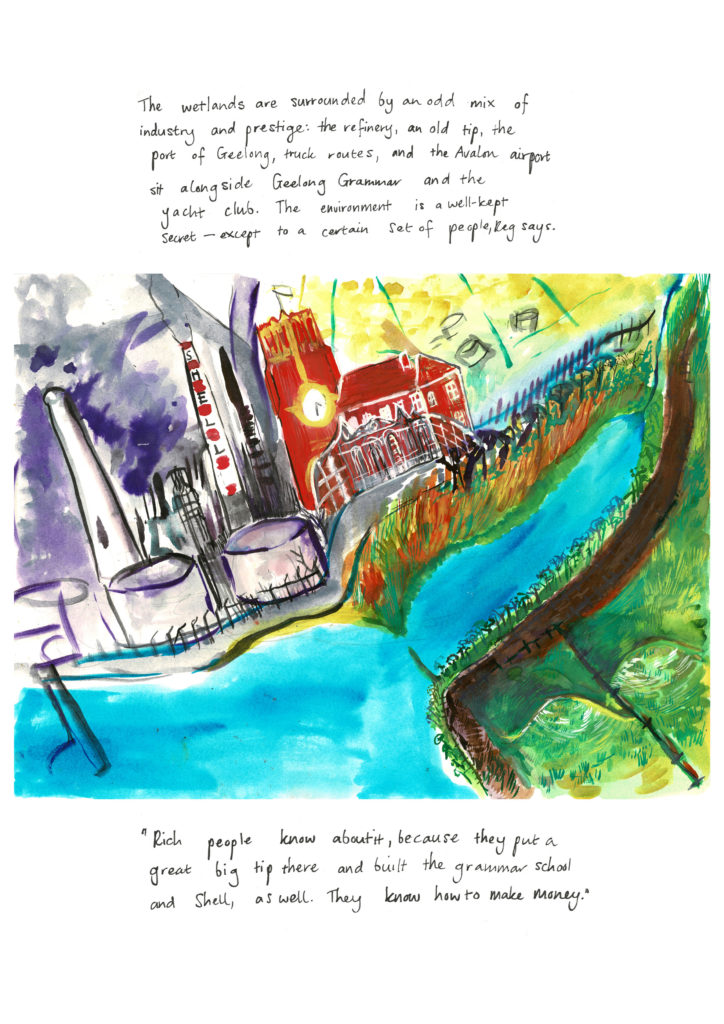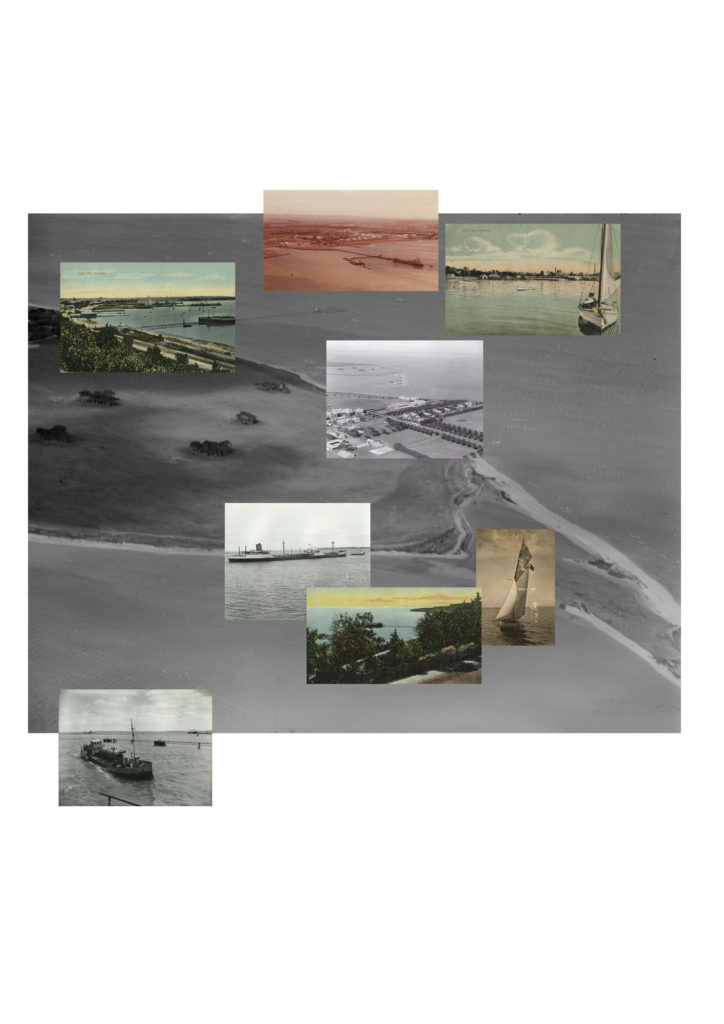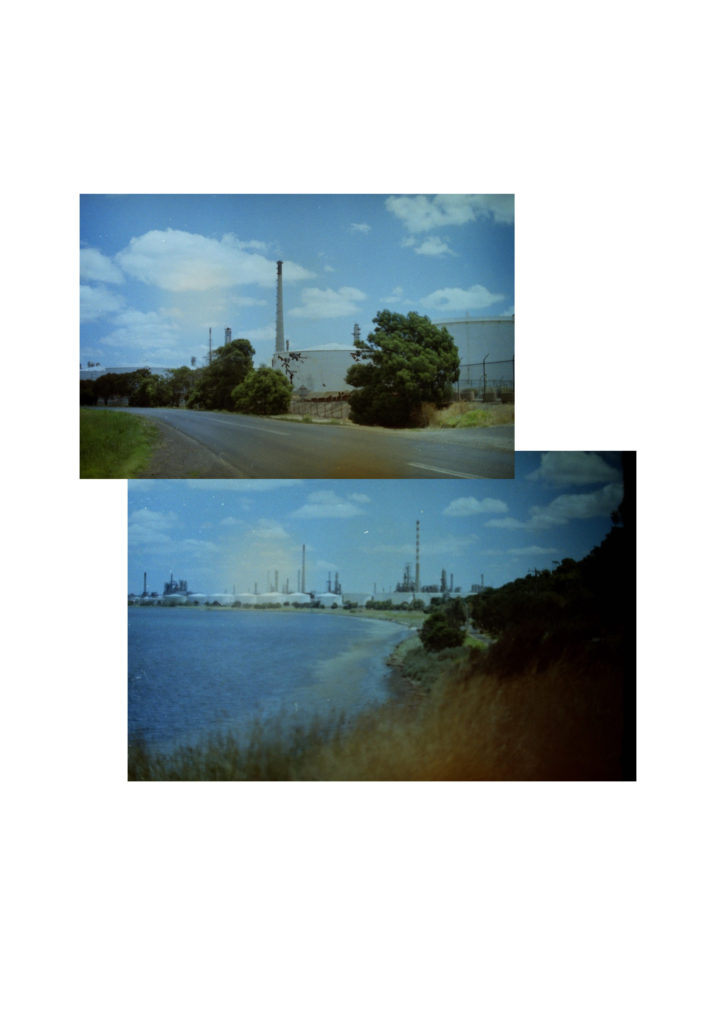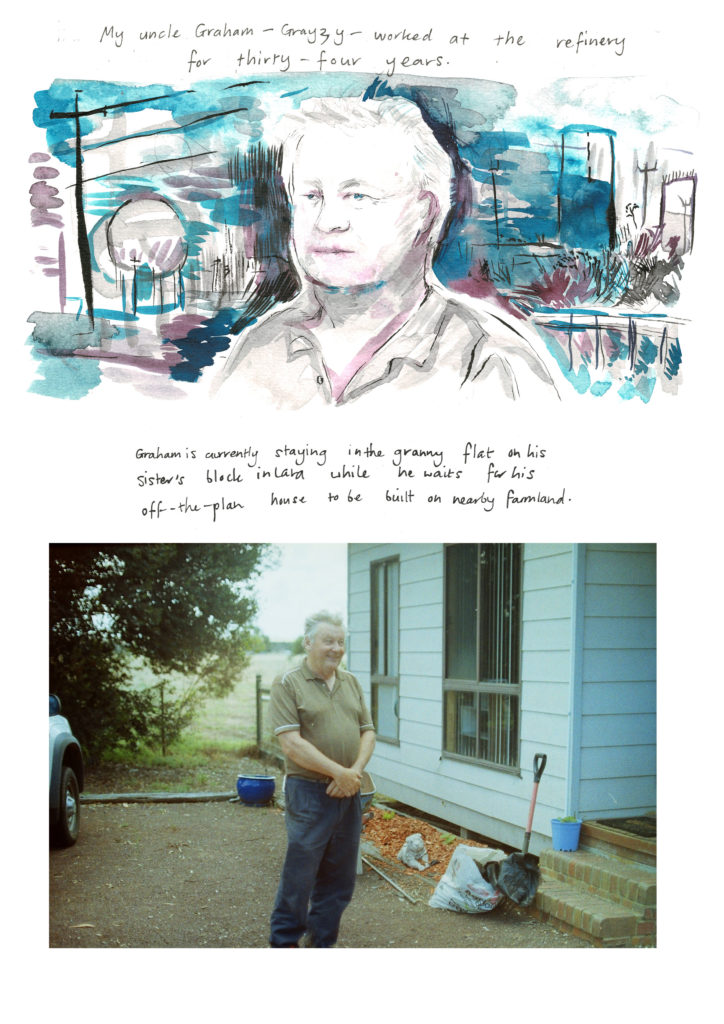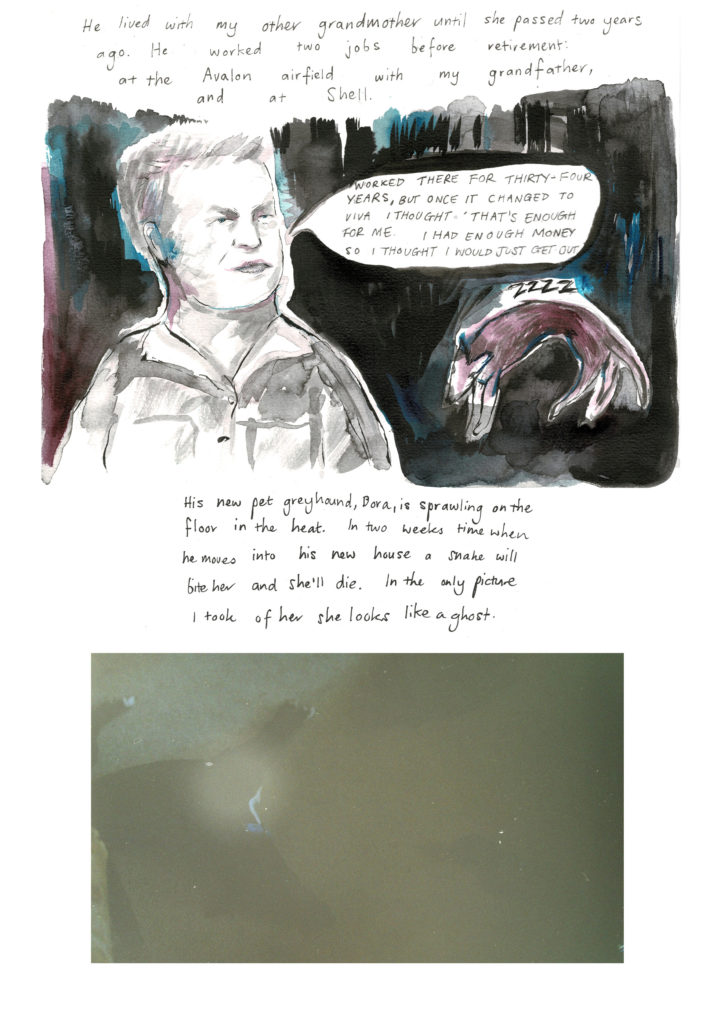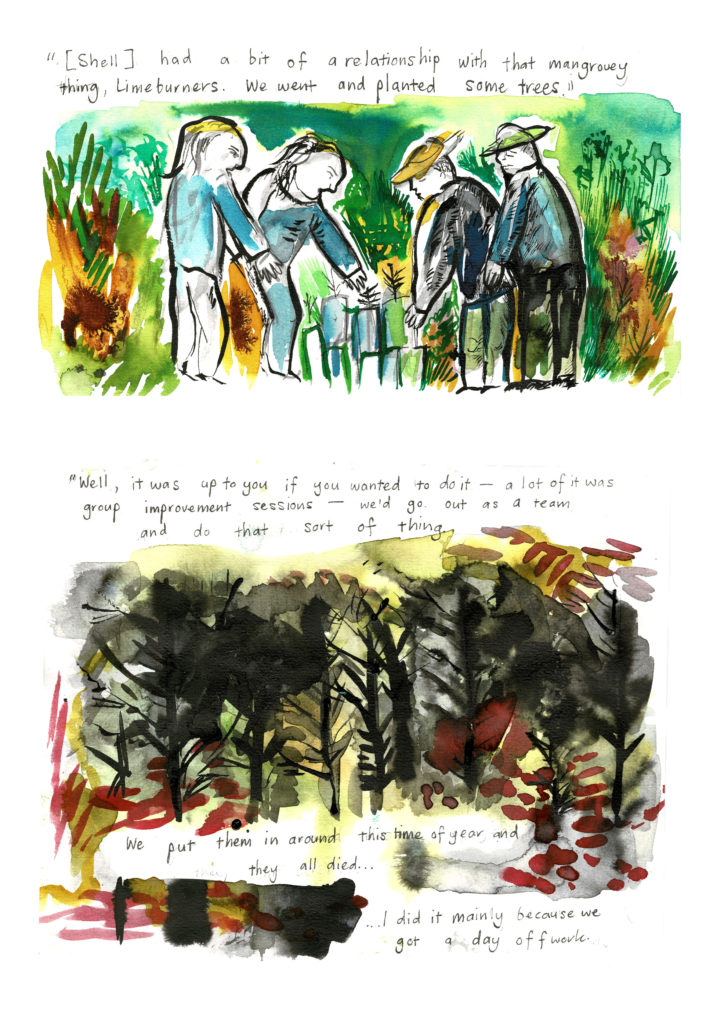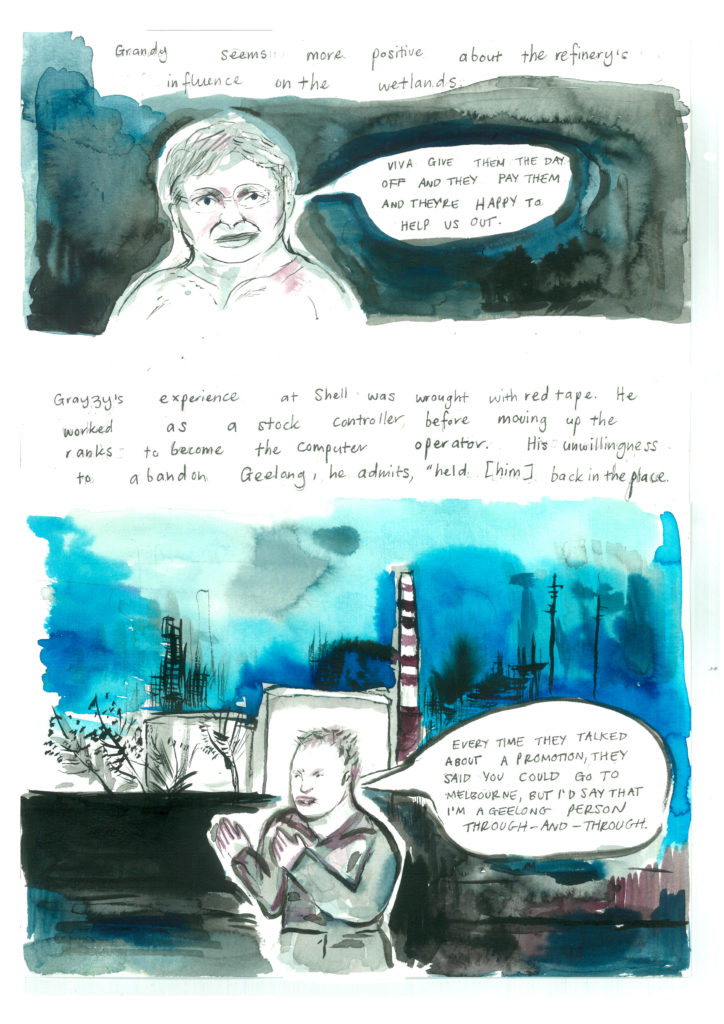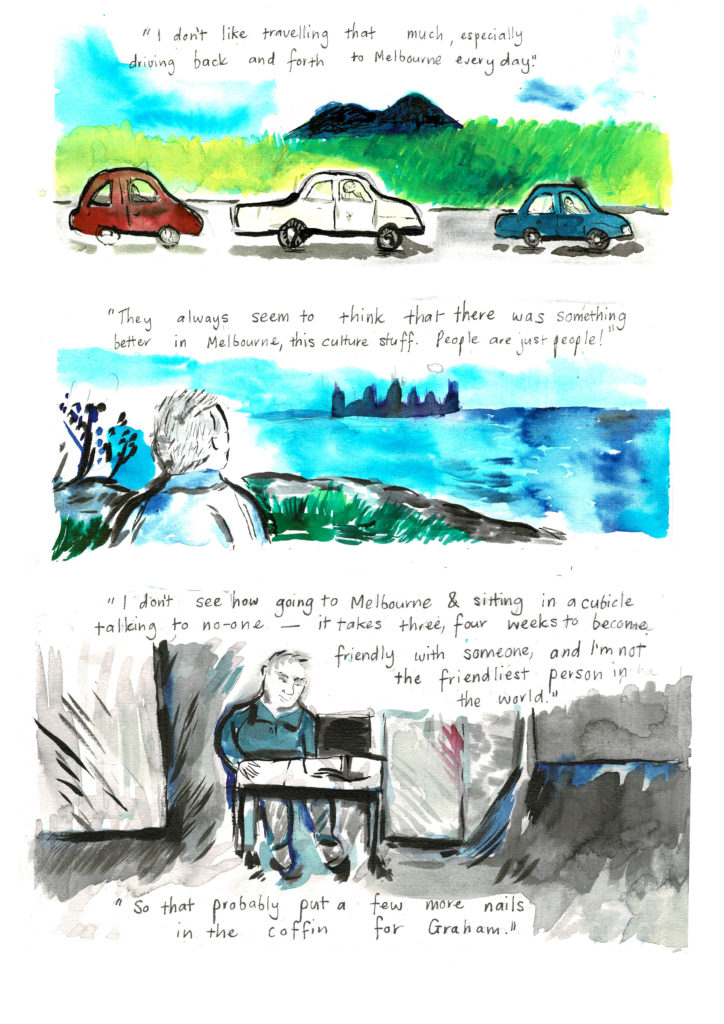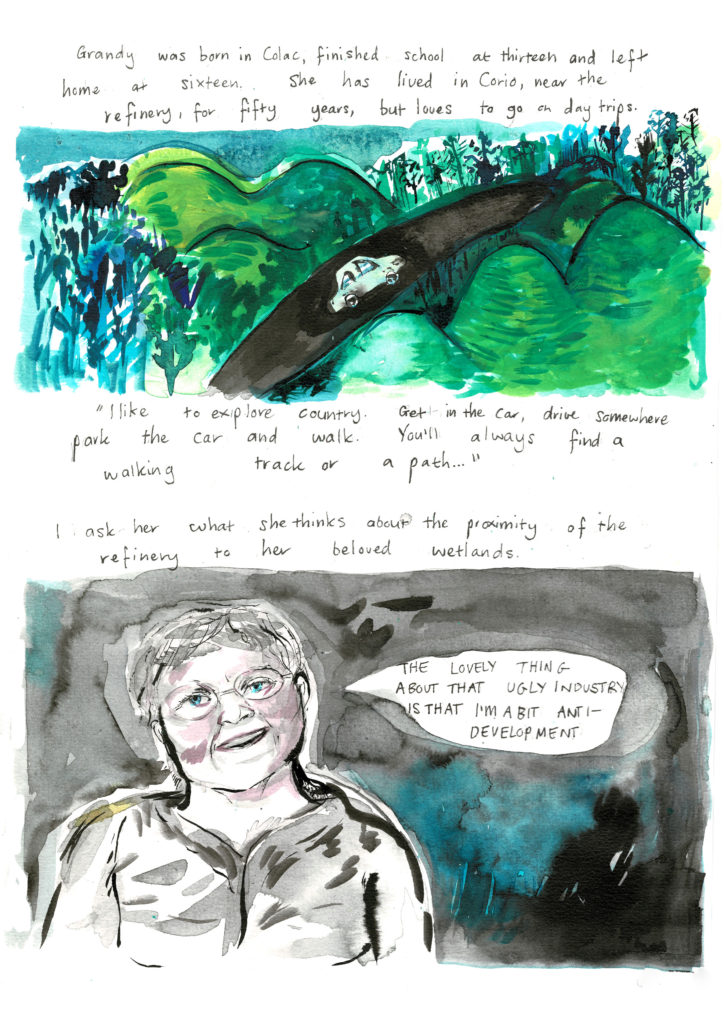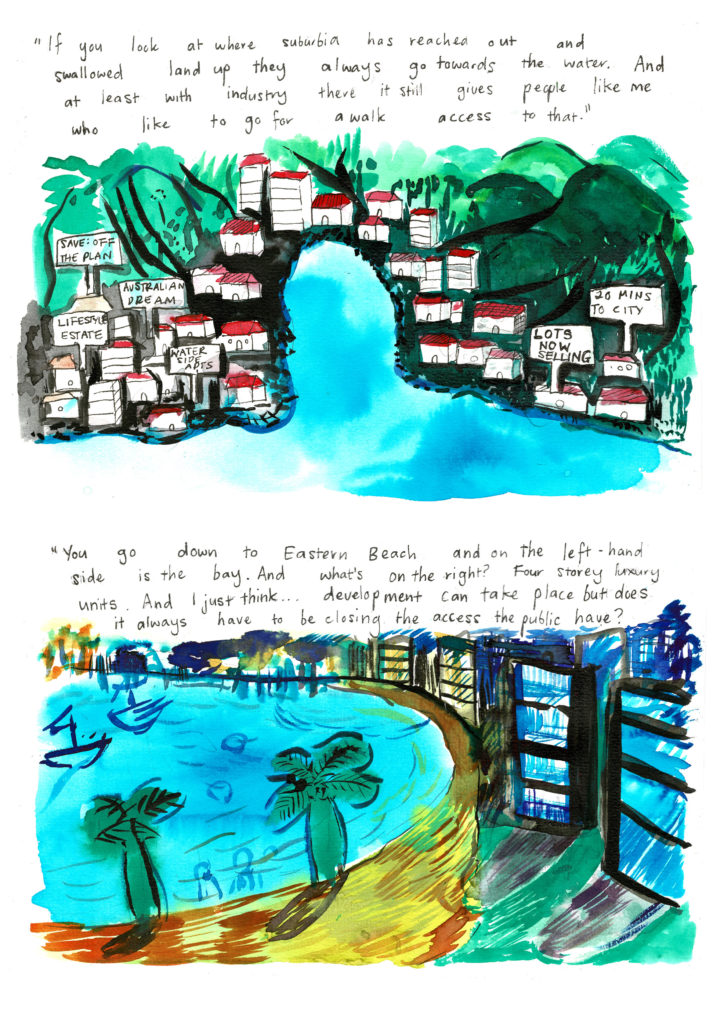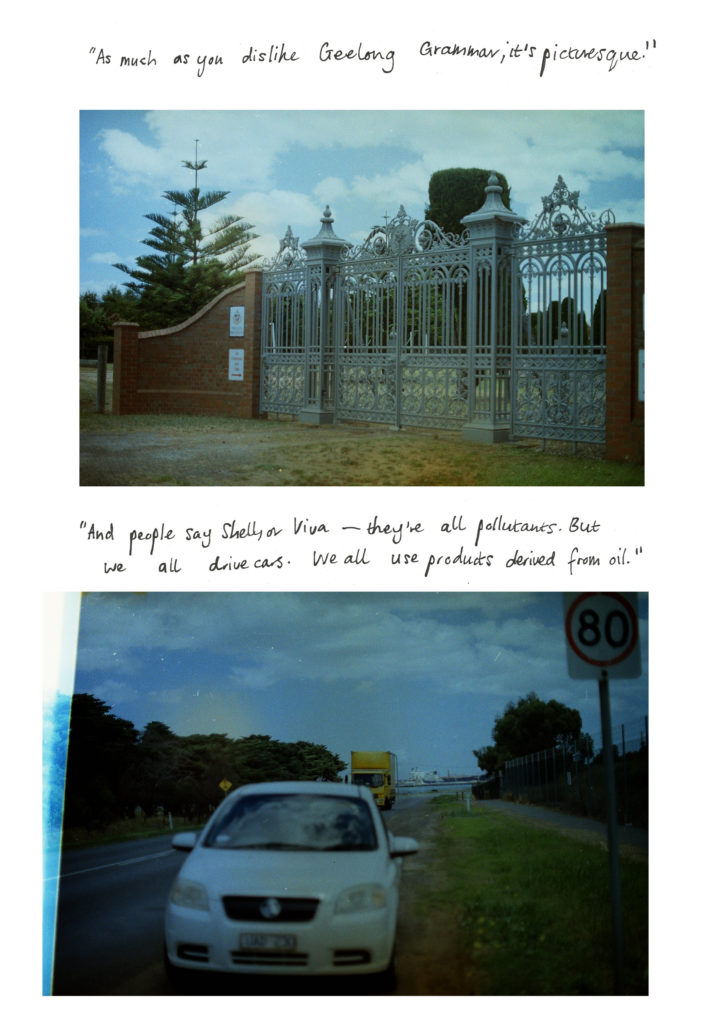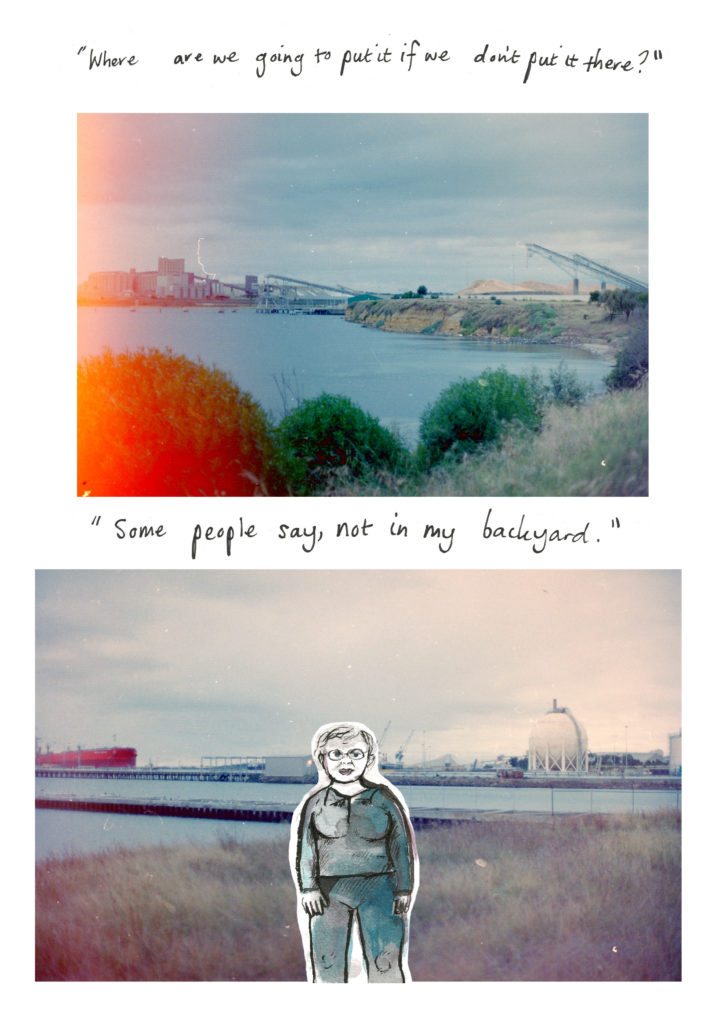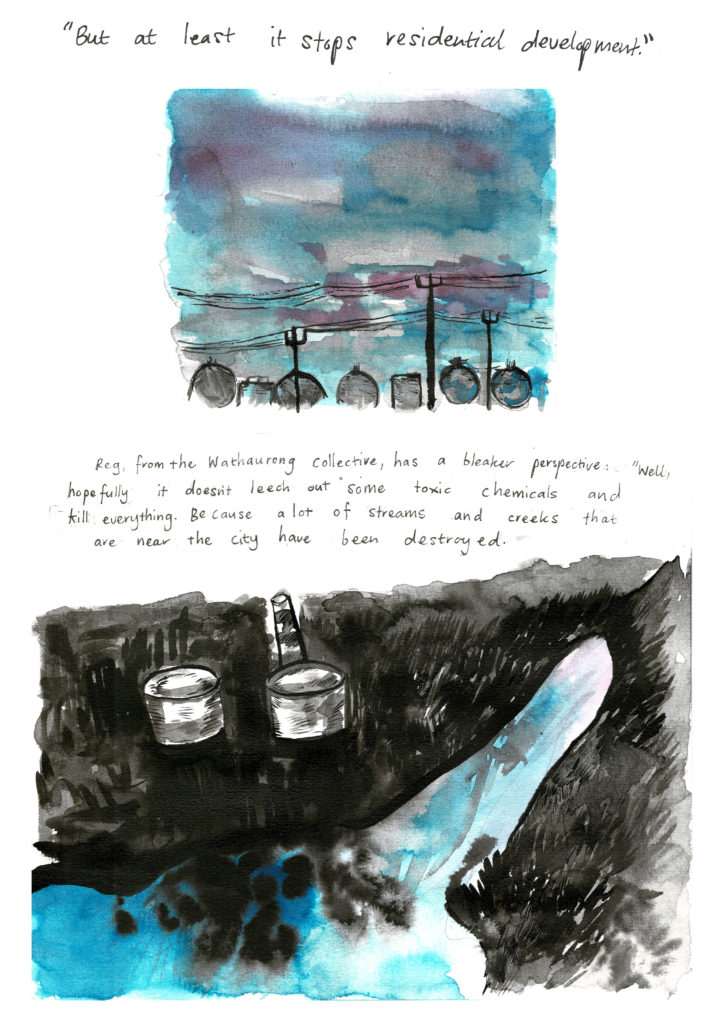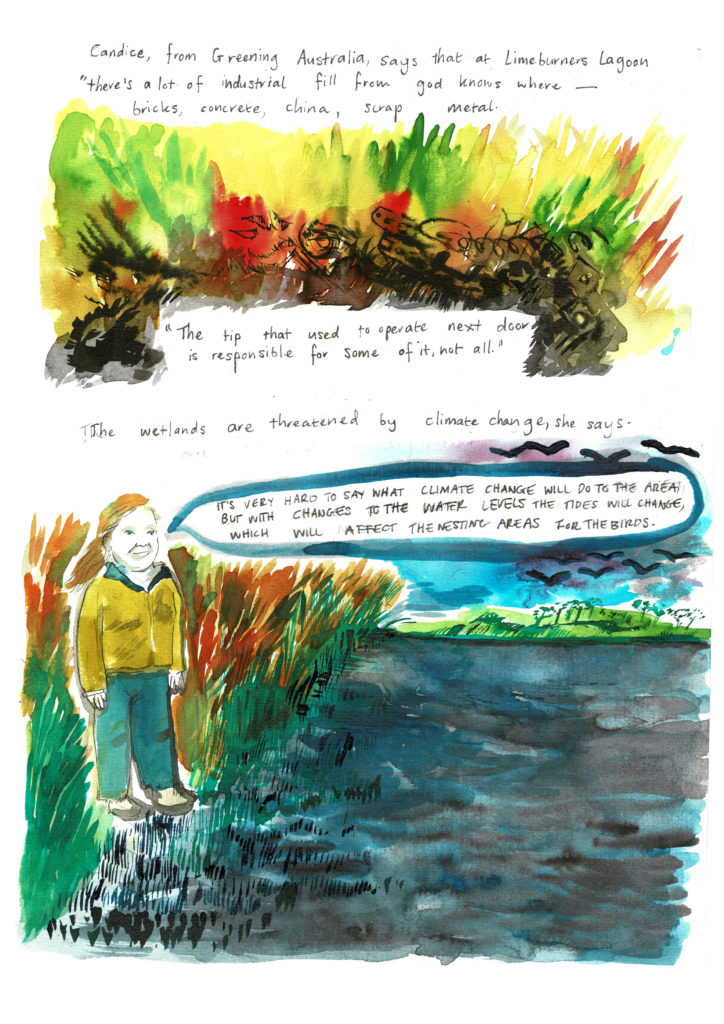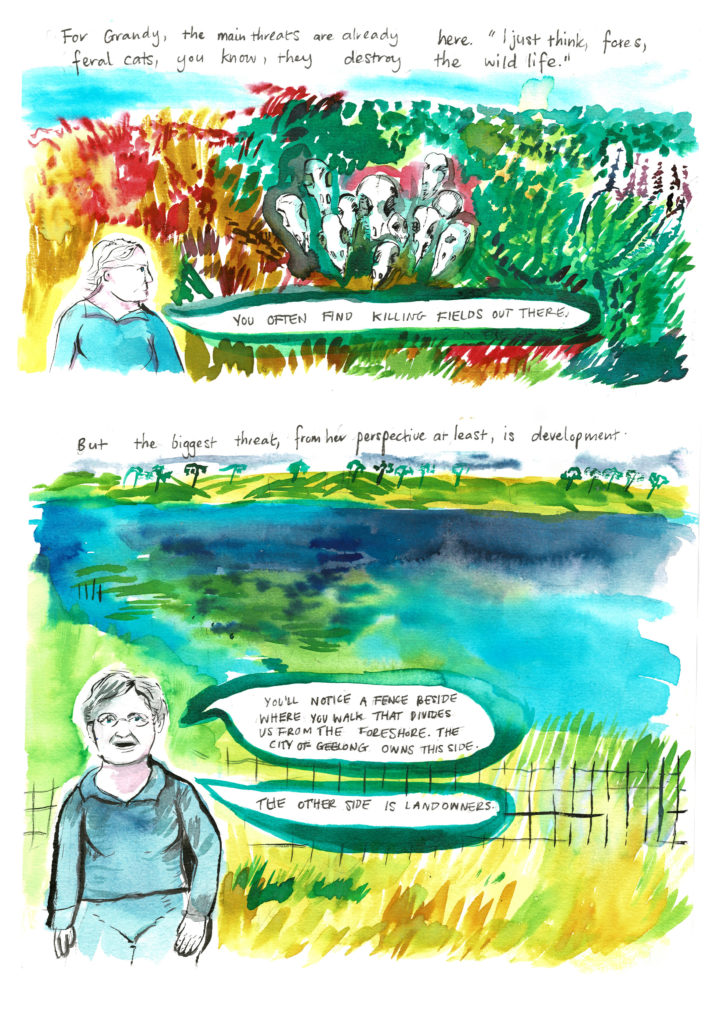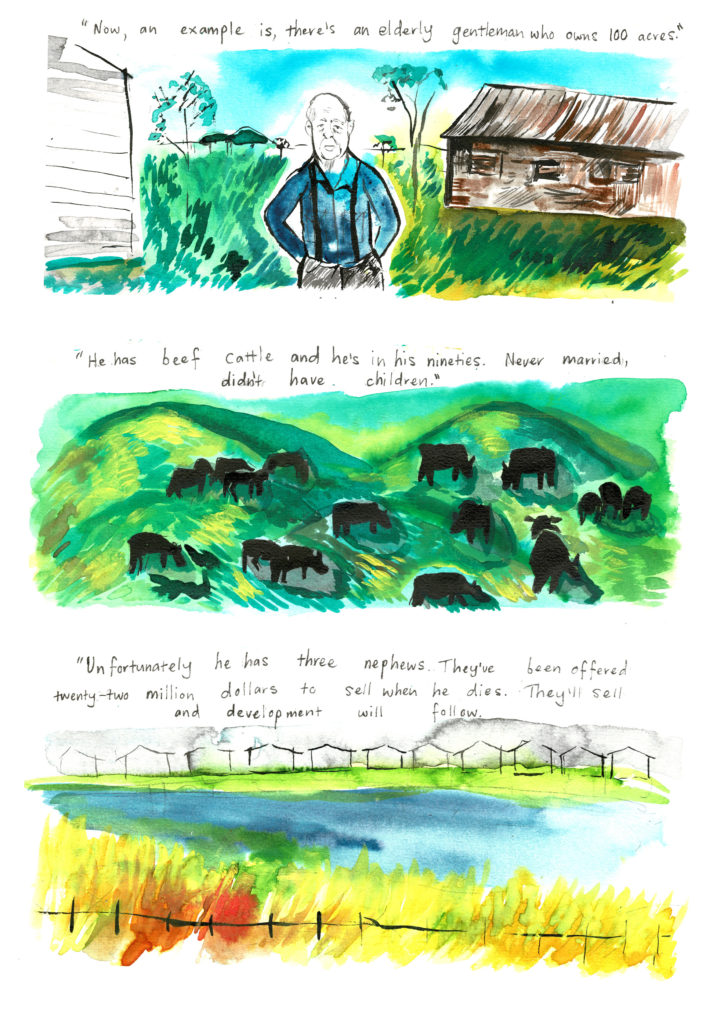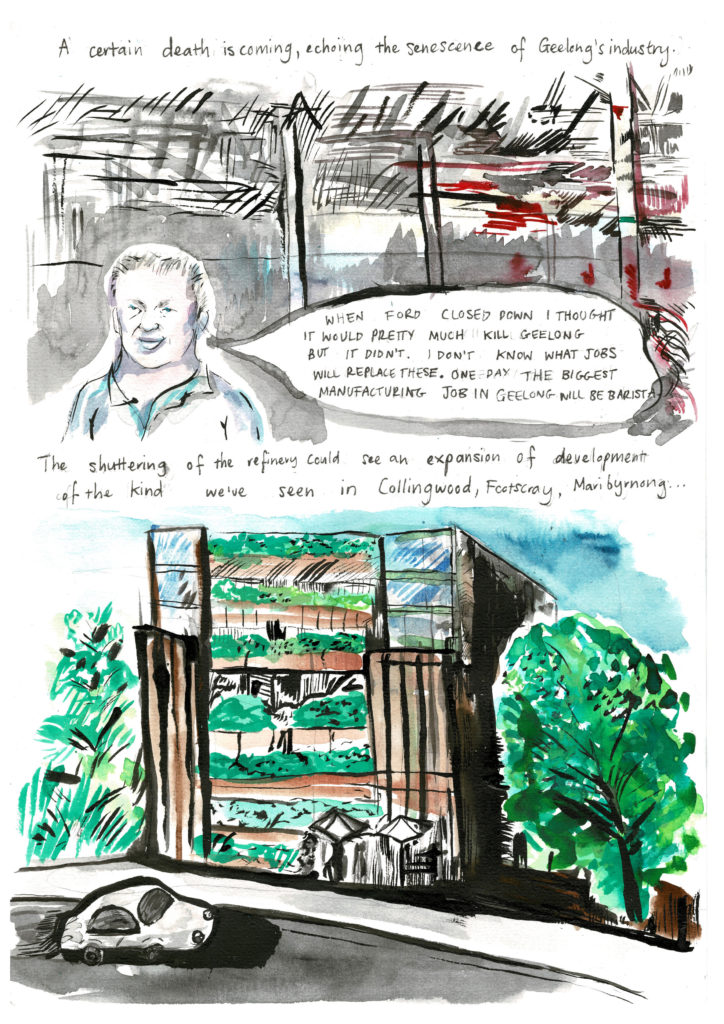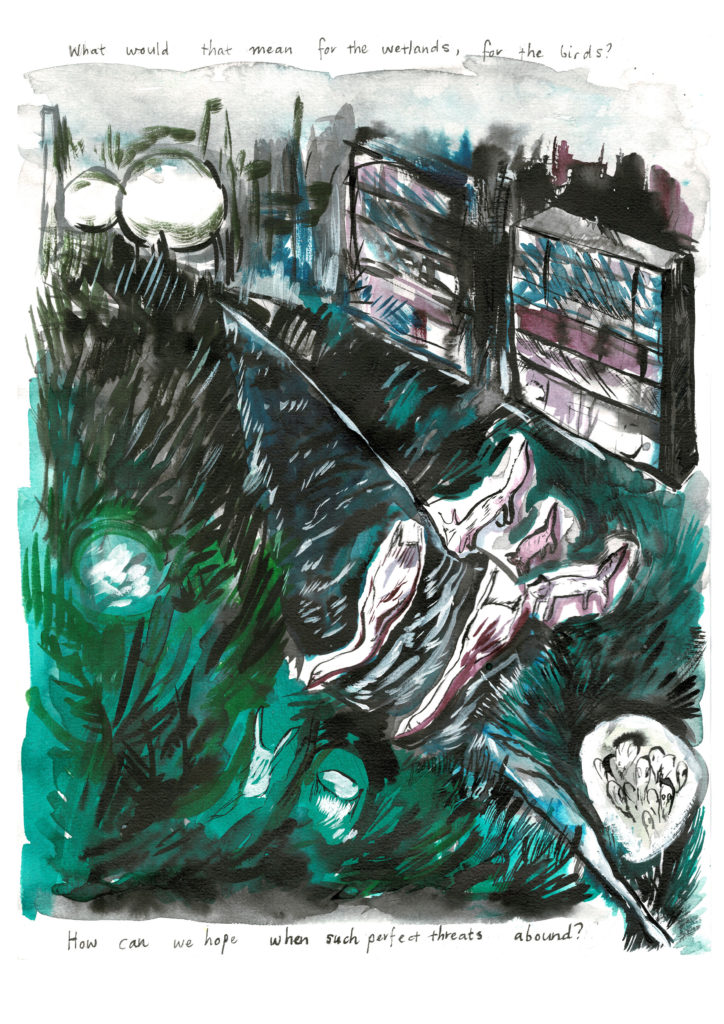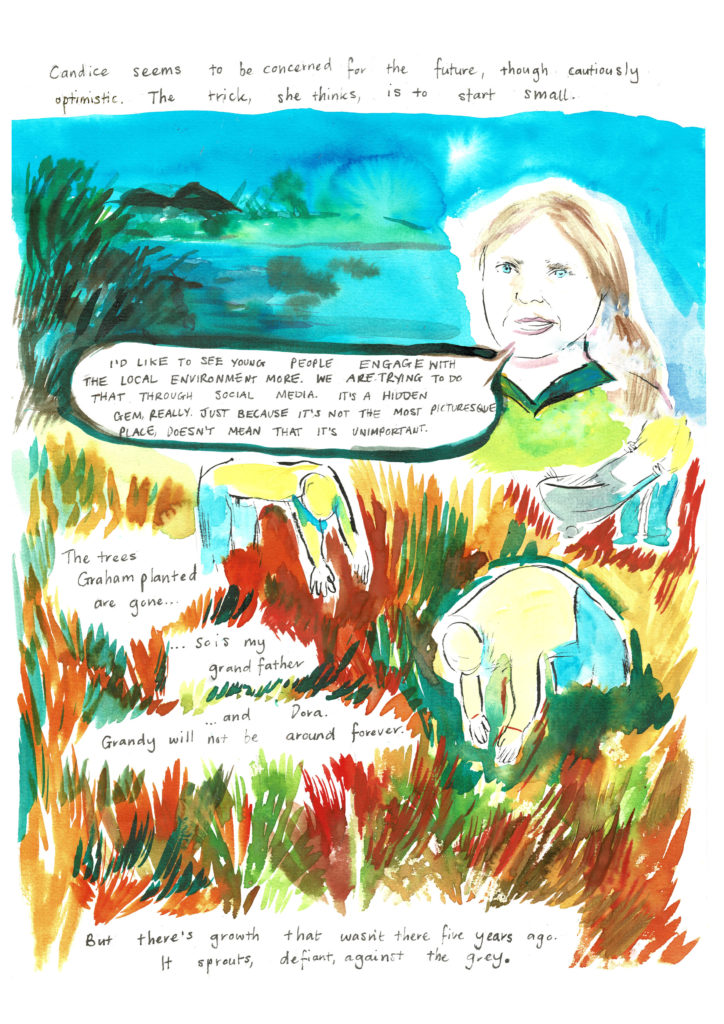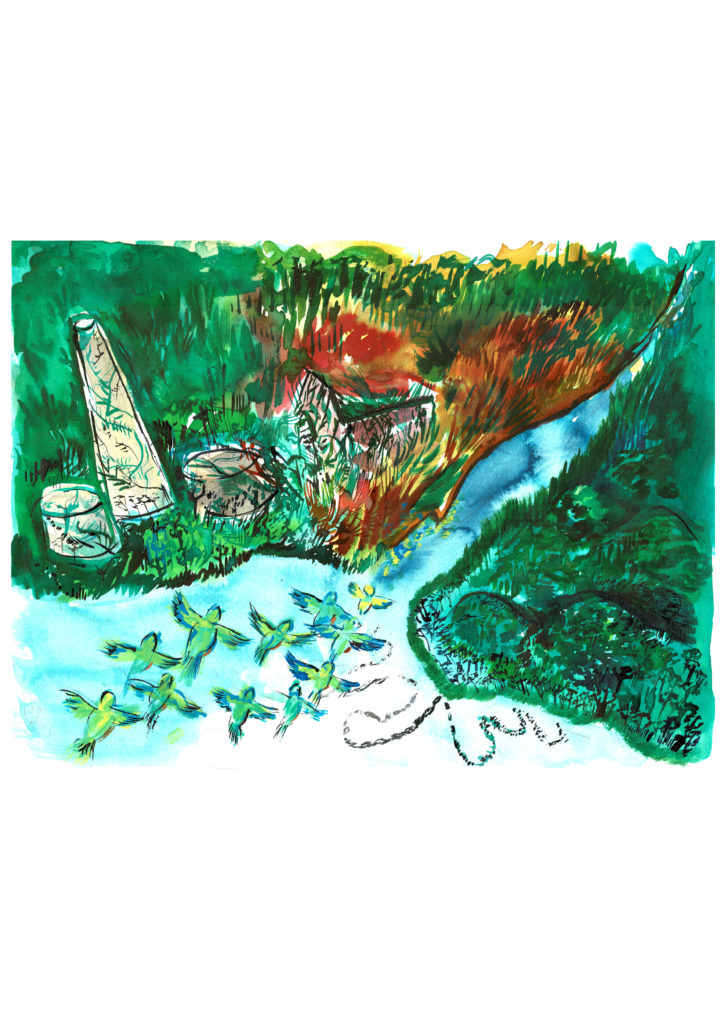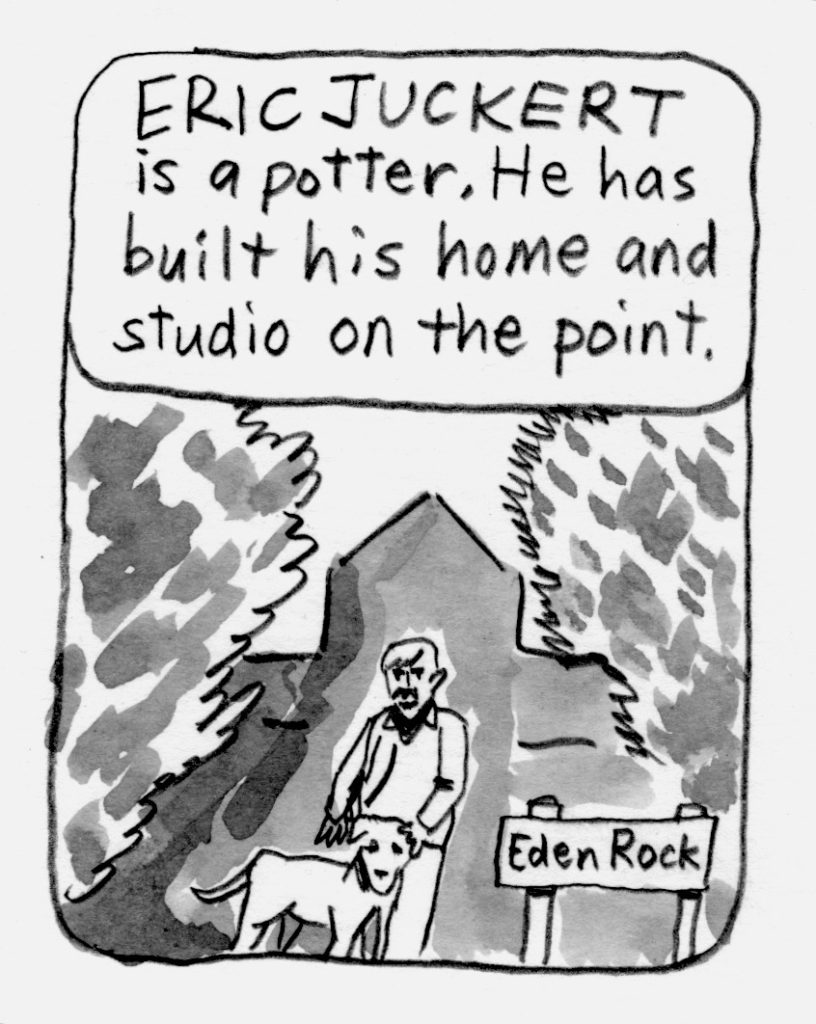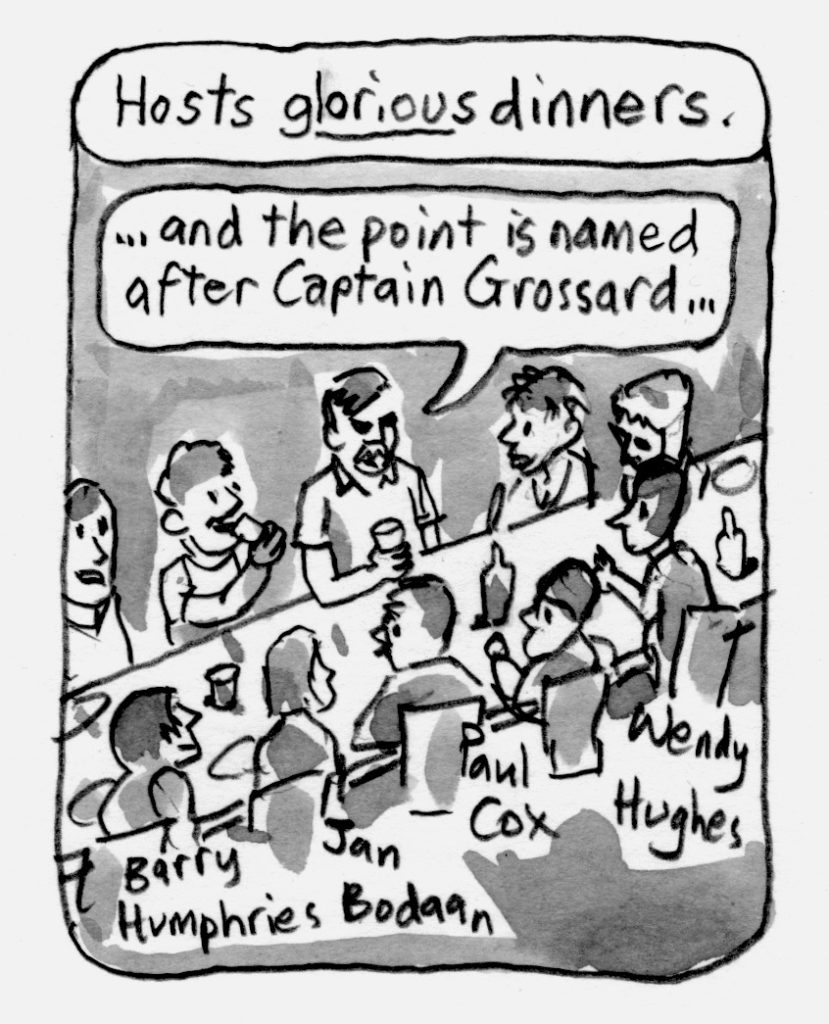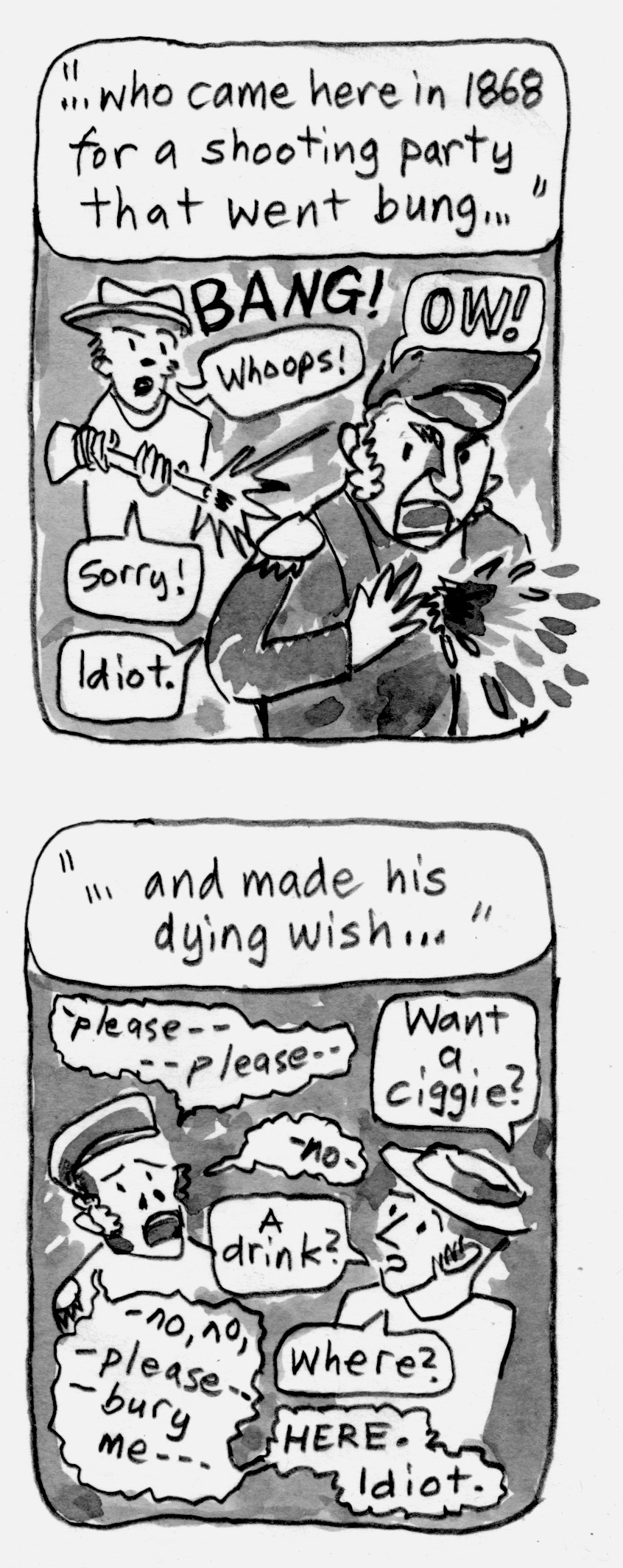OK [1] . [2] THIS IS A RECORDED INTERVIEW BETWEEN LEADING SENIOR CONSTABLE XXXXX AND XXXXXXX XXXXXX OF ADDRESS XXXX X XX XX XXXXXXX XXXXXX, NORTHCOTE, CONDUCTED AT THE MELBOURNE WEST POLICE COMPLEX ON XXXXXXXX XXX XXXX XX XXXXXX, XXXX. PERSONS PRESENT ARE MY CORROBORATOR.SENIOR CONSTABLE XXXXXXX
Senior Constable XXXX XXXXXXX, XXXXX.
LEADING SENIOR CONSTABLE XXXXX
Q 1 All right. XXXXXXX, do you agree that the time is 4.15 – – –
A Yes.
Q 2 – – – a.m. by my watch? O.K. Can you please state your full name and address?
A XXXXXXX XXXXXX, X/XX XXXXXXX XXXXXX, Northcote.
Q 3 XXXXXXX, I intend to interview you in relation to an incident – a – a serious incident that occurred overnight. Before continuing, I must inform you that you do not have to say or do anything, but that anything you say or do may be recorded and given in evidence. Do you understand this?
A Yes.
Q 4 All right. I must also inform you of the following rights. You have the right to communicate with or attempt to communicate with a friend or relative to inform that person of your whereabouts. You have the right to communicate with or attempt to communicate with a legal practitioner. If you are not a citizen or permanent resident of Australia, you have the right to communicate with or attempt to communicate with the consular office of the country of which you are a citizen. Do you understand these rights?
A Yes.
Q 5 Do you wish to exercise any of these rights before the interview proceeds?
A Too late for that now.
Q 6 Pardon?
A Nothing.
Q 7 So you don’t w̶a̶n̶t̶ ̶t̶o̶ wanna exercise any of your – – –
A No, nope.
Q 8 – – – rights before we – O.K. I just w̶a̶n̶t̶ ̶t̶o̶ wanna emphasise that it’s not – you can call whoever you need to call.
A No, that’s fine.
Q 9 All right. Well – and those rights still apply throughout the interview, if you w̶a̶n̶t̶ ̶t̶o̶ wanna call someone at any time, you just – – –
A Yep.
Q 10 You just let us know. O.K. What is your age and date of birth?
A XX, date of birth XXXX of the XXX XX.
Q 11 Are you an Australian citizen?
A Yes.
Q 12 Are you a permanent resident of – – –
A Yes.
Q 13 Are you of – – –
A No.
Q 14 – – – Aboriginal or Torres Strait – no dramas, O.K. Now, just to begin with, are you able to explain to us how you came to be in police custody this morning?
A No comment.
Q 15 O.K. Would you agree that, at around 2 am or 2.30 am this morning, myself and some other police members attended at your – –
A No comment.
Q 16 – – – address of – O.K., well, I put it to you that we did attend [3] at your address this morning, where we arrested you and conducted a search warrant at the address. Is that correct?
A (NO AUDIBLE RESPONSE)
Q 17 And I put it to you that your boyfriend – your – your partner or your boyfriend was – was present at that time, and so he knows where you are right now.
A No comment.
Q 18 Is it your intention to make a “no comment” interview?
A Yes.
Q 19 All right. Do you understand that this interview is your chance to tell us your side of the story, and to provide us with any information that might assist us with any inquiries that might prove or disprove your involvement or your – the extent of your – it’s obvious that you were involved in – in something, but this is your chance to – to tell us about that.
A (NO AUDIBLE RESPONSE)
Q 20 Just out loud, if you could, for the tape.
A Yes, I understand that.
Q 21 All right. Well, just in fairness to you [4], I’m gunna go through the – go through the allegations and the – we’ve got a fair few items of evidence here and a statement from the – from the young man, the – – –
A From XXXXX?
Q 22 From XXXXX, yes, a statement from him, and some other things as well. So I’ll just put the allegations to you and you’ll have the right to – to comment on any of those if you like, or to not – to say “no comment”, that’s also absolutely within your rights, of course. O.K. So beginning with some background information, you are employed by a company called XXXXX XXX XXXXXX. Their offices are at – on XXXXXX Street in the city here, just around the corner, and they’re a transcription – a transcription company who have a contract with Victoria Police to type the – well, basically, to type up this that we’re [5] (audio malfunction) ………
A Don’t tap that.
Q 23 Sorry?
A That’ll make it really hard to type.
Q 24 I – will it? [6]
A If you tap the recording device like you just did or if you – just don’t move it around, don’t touch it, don’t – whenever you touch it or move it – it’s, like, really sensitive, it makes a horrible noise.
Q 25 Oh, yeah, yep, of course. We’ll leave that (audio malfunction). Sorry, [7] touched it again. That’s the last time, promise. So you work as a transcriptionist. Is that fair to say?
A (NO AUDIBLE RESPONSE)
Q 26 So it’s quite clear to us that you do, in fact, work for this company, this – what was it called again?
SENIOR CONSTABLE XXXXXXX
XXXXX XXX XXXXXX.
LEADING SENIOR CONSTABLE XXXXX
Q 27 XXXXX XXX XXXXXX, that’s right. We’ve contacted the company, we spoke with your boss, XXXXX, and we have your records of employment, as well as the police background check that you were submitted to when you commenced – when you first got the job. Do you have any comment you w̶a̶n̶t̶ ̶t̶o̶ wanna make on that?
A No comment.
Q 28 No comment, O.K. So your employment at that – with that company began on the – where’s the file? The XXXX XX XXXX in XXXX, and at that time you were, of course, issued with a contract of employment. Do you remember any of the conditions of employment that were included in that contract? There’s obviously a – – –
A What do I look like, a lawyer?
Q 29 – – – lot of them – yeah, yeah, no, it’s a fairly hefty contract, of course, but just briefly or just – just in – any conditions in there that you particularly remember?
A No comment.
Q 30 I’ll just show you this here. So this is a copy of your contract of employment. I’ll show you at the back here, this is your signature. Would you agree that’s your signature?
A No comment.
Q 31 Well, I put it to you that that is your signature, it’s got your name next to it, and it’s dated the XXXX of the XXX XXXX. So earlier on in this contract – I’ll just flip back to page 3 here. Under number 2.1, it says, “employees of the company are bound by confidentiality laws, and are expressly prohibited from accessing the personal information of any persons involved in police matters except where the personal information is vital for the purposes of making the transcription,” and then a little – do you have any comment to make on that?
A No.
Q 32 No, O.K. And then a little further down here, we have number 2.3, “any personal information or data accessed by staff for the purposes of transcription must not be retained or disseminated by members of staff.” So any comment there?
A No comment.
Q 33 And finally, just on this contract, we also have number 4.1, “all operational manuals, reference lists and other organisational documents are the intellectual property of the company, and must not be retained or disseminated by members of staff without prior written permission from a senior member of staff.” Any comment on that?
A No comment.
Q 34 XXXXXXX, are you able to tell us what you understand the meaning of confidentiality to be?
A No comment. [8]
Q 35 O.K. So that’s some of the background relating to the events of – yes, relating to the – I’m actually just g̶o̶i̶n̶g̶ ̶t̶o̶ gunna – yes, I’ll start with this. Can you pass me the – thank you. Do you have Facebook?
A (NO AUDIBLE RESPONSE)
Q 36 I’m just g̶o̶i̶n̶g̶ ̶t̶o̶ gunna show you a picture here. This is a screen shot of a Facebook profile, the name on the profile is XXXXXXX XXXXXX, so your name, and there’s a photo there which – I put it to you that that’s a photo of you. Do you have any comment on that?
A No comment.
Q 37 O.K. On XXXXXX the XXX of XXXXXXXXX of this year, we have – oh, before I go on, actually, can I just get you to sign that image, just to verify that this is the copy of the image that we showed you today? [9] Thank you. And we’ll also just get you to go back and sign the copy of the contract that – – –
A Didn’t think I’d be signing this again. [10]
Q 38 No, no. Thanks for that. So back to this screen shot here, this second screen shot of your profile here, this is a screen shot of a – of a status that you – you posted or that we’re alleging you posted – it’s a status that was posted from an account that we’re alleging is your account.
A Sure.
Q 39 So [11] can you just read that out for me? It’s got your name and then beneath that there – yep.
A “An excerpt [12] from the XXXXX XXX XXXXXX police transcription style guide. Quote – ‘it is important to notate the suspect’s speech exactly as spoken, or as close to it as possible, in order to display speech patterns that demonstrate the speaker’s socio-economic status, cultural background, et cetera.’ Just a few pages later, another quote – ‘when transcribing police speech, do not use contractions e.g. gunna, wanna, me instead of my, et cetera. If the word spoken is gunna, we still type going to.’ A police force and a justice system that wants to appear neutral, infallible, without class and without culture. If it walks like fascism and it quacks like fascism-” and then I’ve – then there’s an ellipsis.
Q 40 Dot, dot, dot, the end. [13] Did you write this?
A No comment.
Q 41 Do you think the police force is fascist? [14]
A No comment. [15]
Q 42 So we have this – – –
A Or – well, like – – –
Q 43 Sorry?
A Nothing, no comment.
Q 44 O.K. So we’ve got this status – do you wanna just sign that? [16] Thanks. We’ve got this status from Facebook which, if you wrote it, would clearly be in breach of your contract – section 4.1 of your contract, which had the stuff about the confidentiality of the – of your company guidelines and all of that. We’ve also got another one here from a few months later, and I’ll just read that one out, it says, “None of the crimes I transcribe at work ever happen within 10 kilometres of the CBD. The other transcriptionists seem to believe that crime just doesn’t happen in the inner suburbs and the city. But let’s think about what drives certain people to crimes of desperation, and let’s think about who can afford to get away with, conceal, or dodge conviction for their crimes.” Anything to say about – – –
SENIOR CONSTABLE XXXXXXX
You got 47 likes on that one.
LEADING SENIOR CONSTABLE XXXXX
Q 45 47, is it? Yes, yep, there it is – 47, including a few sad faces and angry faces. O.K. Anything to say about that?
A No comment.
Q 46 O.K. Do you have any questions at this point in time, Senior?
SENIOR CONSTABLE XXXXXXX
Q 47 These – to me, right, just speaking personally – to me, these don’t sound like the status updates of someone who enjoys their job. Do you enjoy your job, XXXXXXX?
A No [17] comment.
Q 48 When we were going through your Facebook – all your Facebook profile and your online presence and so on, we found a lot of information about some art projects, some pretty impressive stuff, really. You’ve had your work at a number of galleries, maybe even – was I reading about some overseas work, as well? That your art work had been displayed in – – –
A Yeah. [18]
Q 49 – – – some exhibitions in Europe and so on? Yeah.
A Yeah.
Q 50 Some pretty far-out stuff in there.
A Sorry?
Q 51 Nuh, I liked it, I was into it. Yeah, me m̶y̶ wife’s a painter. Very different stuff though, but – yeah.
A O.K.
Q 52 So would it be fair to say that — you know, me m̶y̶ wife does the painting, and she makes a bit of money off that too, but her main job is as a librarian in a school. And so is it the same with you? Like, would it be fair to say that the transcription work, that’s more like your day job rather than so much of a career?
A No comment.
Q 53 That’s it for me for now.
LEADING SENIOR CONSTABLE XXXXX
Q 54 All right, O.K. I w̶a̶n̶t̶ ̶t̶o̶ wanna move on to some of the circumstances around the events of last night. Do you know someone called XXXXX XXXXXXXXX?
A No comment.
Q 55 Well, you mentioned him earlier.
A What?
Q 56 I was saying that we had a statement from a person involved in last night’s events, and you said “XXXXX”. So how do you know XXXXX?
A No comment.
Q 57 So, XXXXX lives in Broadmeadows, he does factory work, on the weekends he does competition wrestling, like, WWE stuff, he’s Fijian, XX years old, and he’s got a wife and two kids. You live in Northcote, you’re an artist, you work a day job in the CBD, and you do trips to Europe. Would it be fair to say that it’s a pretty unlikely friendship?
A No.
Q 58 No, that wouldn’t be fair to say?
A Nope.
Q 59 Tell me about that.
A No comment. [19]
Q 60 I guess what I’m trying to get at is – you know, everyone’s allowed to be friends with everyone, that’s not the issue here [20] , but I am curious to know how the two of you first connected.
A No comment.
Q 61 O.K. Well, the first official matter we’ve got to discuss with you today, it is actually regarding your connection with Mr XXXXXXXXX. Now, we’ve got no comment from you about your connection with XXXXX, so it’s anyone’s guess whether you were actually aware of this, but Mr XXXXXXXXX has, in the past, been convicted of multiple counts of aggravated assault and a couple of charges as well of breach intervention order . Do you have any comment to make on that? [21]
A No comment.
Q 62 Did you know about those charges?
A No comment.
Q 63 I’ve just got a document to show you here. This is a transcript of interview – of an interview not unlike the one we’re doing now, and not unlike the ones that you would process at work. In fact it was processed through your office – through your Melbourne office on the XXXX of XXX this year. So as you can see, we’ve got the preamble as per usual at the head of the page, it says, “This is a recorded interview between-” et cetera, and then when the interviewing officer gets to the suspect’s name – could you just read out the name there? [22]
A Yep, it’s him.
Q 64 Just the name, please.
A XXXXX XXXXXXXXX. [23]
Q 65 O.K. So this particular interview was in relation to a – to one of those aggravated assaults. And then, as you would know, we have the footer at the bottom of each page of the transcript, where we have the station code, the case number, and then we have these three letters here. Can you tell me about these?
A No comment.
Q 66 So as you would know, these three letters are the initials of the transcriptionist who typed the transcript, or they’re a unique code to identify – yeah, the typist or the transcriptionist. So whose initials are these?
A (NO AUDIBLE RESPONSE) [24]
Q 67 I put it to you that these are your initials. And just in fairness to you, I’ll let you know that we do have all the evidence we need on that one, we’ve cross-checked that with – with the company and that’s all – that’s all clear, at this point. So what we have here is a transcript, typed by you, concerning this friend of yours, XXXXX or Mr XXXXXXXXX [25] . So as I see it, it’s one of two possibilities. It may be that you knowingly typed a matter concerning a friend, which would also be in breach of your contract. Did we read that part out?
SENIOR CONSTABLE XXXXXXX
No.
LEADING SENIOR CONSTABLE XXXXX
Q 68 No, well, we can go back and [26] – but anyway, so that would be a serious matter in and of itself, but from the understanding of the situation that I have so far, from statements made by Mr XXXXXXXXX and some other information as well, I believe that you in fact did not know XXXXX prior to typing this matter. Do you have any comment to make about that?
A No, no comment. Nope.
Q 69 Right. If you did have any prior association with Mr XXXXXXXXX, now would be the time to let us know [27] . O.K. We’ll move on – we’ll move on now to – actually, seeing as how you’ve elected to give a “no comment” interview most of the way this far, I may as well ask you – I’ve got a lot of records of [28] – some print-outs of online conversations as well as some records of phone calls – not transcripts of the phone calls, obviously, but some times and dates and durations based off of your phone records and that sort of thing, but that’s all pretty – pretty clear on our end. Do you think you’d have any comment to make on that sort of thing? Like, would you like us to take you through the evidence regarding your correspondence with XXXXX or you’re happy to skip that?
A No comment.
Q 71 No comment, O.K. I’ll take that as meaning that you’re happy to skip it. O.K. So just in fairness to you, again, the basic gist of that evidence is just that you’ve messaged him a few times on Facebook, you’ve attempted to friend him on Facebook, and you’ve gained access to his phone number and made a few calls. And the tone of those exchanges is generally along the lines that you’ve contacted XXXXX with some – with just generally friendly overtones and the suggestion that you’re interested in finding out more about the local wrestling scene [29] , and he’s sort of not particularly responsive at first, and then the messages take on a more – what we might call a suggestive tone [30] , and then there’s an increase in contact between the two of you, including phone contact, and we obviously know much less about the content of those phone calls than what we have in terms of records from the – from Facebook Messenger. So that’s the gist leading up to the last few days. Anything you wanted to say about that?
A What does “suggestive tone” mean?
Q 72 Pardon?
A You’ve said I’m meant to have messaged this person and that my messages had a suggestive tone. What does that mean?
Q 73 Well, it means that you [31] – you – as far as we can see or from our perspective, it’s to do with – there’s a coded – a sort of language that comes into your messages that seems to suggest that you were seeking a – a – a sexual relationship with this – with XXXXX
A O.K. Can you give me some examples?
Q 74 Well, let’s see . [32]
SENIOR CONSTABLE XXXXXXX
Get the one about the – the match she went to.
LEADING SENIOR CONSTABLE XXXXX
Q 75 Yep. So this one here, this is dated XXXX XXX, and we’ve got a message from you that says, “Saw you wrestling today. I was there to support XXXX, and ended up sticking around for your match. You’re so strong,” and then there’s two Xes at the end of the message. So that would be one example [33] . It’s sort of more – we start to see these messages where you’re complimenting him more and then – – –
A I’m just [34] – I’m just not sure how that message was sexual.
Q 76 – – – we see an increase in – yeah, well, that’s sort of based on – we’ve got, as I said, the statement from XXXXX about his side of the story and about – about the phone calls that the two of you shared, as well as a handful of times that you’ve met in person. But if there’s anything you wanna add – – –
A No comment.
Q 77 All right. Senior, anything further before we address these other charges?
SENIOR CONSTABLE XXXXXXX
Q 78 Who’s XXXX, your other wrestling friend who you mention in that message to XXXXX?
A No comment.
Q 79 Just so that we can get a bit more of an understanding of your – – –
A No comment.
Q 80 – – – connection to the world of professional – no dramas. Nothing further, Senior.
LEADING SENIOR CONSTABLE XXXXX
Q 81 Rightio. So we’ll move on to the events that brought us here today.
A Can I get a coffee?
Q 82 A – yep, sure, let’s just – actually sure, yeah, now’s as good a time as any for a break. So we’ll just suspend it. Just take a look at me m̶y̶ watch here. Do you agree that the time now is 4.47 am?
A 4.47, yep.
Q 83 O.K. Interview suspended at that time. [35]
INTERVIEW SUSPENDED.
THIS [36] IS A RE-COMMENCEMENT OF A RECORDED INTERVIEW BETWEEN LEADING SENIOR CONSTABLE XXXXX AND XXXXXXX XXXXXX OF XXXX X XX XX XXXXXXX XXXXXX, NORTHCOTE, CONDUCTED AT THE XXXXXXX POLICE STATION ON XXXXXXXX XXX XXXX XX XXXXXX, XXXX. PERSONS PRESENT ARE MY CORROBORATOR.
SENIOR CONSTABLE XXXXXXX
Senior Constable XXXX XXXXXXX, XXXXX.
LEADING SENIOR CONSTABLE XXXXX
Q 84 XXXXXXX, do you agree that the time is 5.20 am by my watch?
A Yes.
Q 85 What is your full name and address?
A XXXXXXX XXXXXX, X/XX XXXXXXX XXXXXX, Northcote.
Q 86 Now, XXXXXXX, as before, I must inform you that you still do not have to say or do anything, but that anything you say or do may be recorded and given in evidence. Do you understand that?
A Yes.
Q 87 All right. And I must inform you as well that all your rights still apply. So you have the right to communicate with or attempt to communicate with a friend or relative, a legal practitioner, or if you are not a citizen or permanent resident – which you are, so that’s fine. So do you wish to exercise any of these rights before we get back into it?
A No, that’s fine.
Q 88 And would you agree that, during the break, we got [37] you a coffee, and you had a chat on the phone with your boyfriend?
A Yep. I also took a shit. [38]
Q 89 O.K., good. And there’s no other – oh dear – no other rights that you w̶a̶n̶t̶ ̶t̶o̶ wanna exercise at this time?
A No.
Q 90 O.K. So before we suspended it, we were about to talk about the incident itself – the events that lead you to be in police custody today.
A Yes.
Q 91 Do you wanna tell us about that?
A No comment.
Q 92 Sure. [39] So the incident we’re referring to took place yesterday – yesterday evening at around 11.30 pm at the XXXXXX Hotel in the CBD here, corner of XXXXXX XXXXXX and XXXXXXX, just at the end of Chinatown. So – 11.30 pm. What were you up to around that time?
A No comment.
Q 93 Are you familiar with the XXXXXX Hotel?
A No comment.
Q 94 All right. At this point I’m just gunna read from XXXXX’s statement. O.K. So he says, “I was at the XXXXXX Hotel having drinks with some mates in the city. At approximately 9.30 pm, a person I know as XXXXXXX XXXXXX entered the pub and approached me. She may have been present from earlier on but this was the first time that I saw her.” Do you have any comment to make about that?
A No, no comment.
Q 95 O.K. He continues, “XXXXXXX is a woman I have gotten to know over the last few months after we met online.” Can you tell us anything further about what he means by met online? [40]
A No comment. [41]
Q 96 Just an interesting way of putting it, seems to suggest a dating website or something. [42] But anyway, so you have [43] met online. He says, “She came to the bar and was standing near me, and I decided to say hello. We started talking and were having a nice time. She’s a really interesting person and in the short time we have known one another, we have gotten on well. [44] There has also been some flirtation or a sexual nature to our relationship so I was hoping that we might spend the night.” Any comments on that?
A No comment.
Q 97 But you are in a relationship with – with someone else, with – – –
A Yes.
Q 98 Have you cheated in the past?
A (NO AUDIBLE RESPONSE) [45]
Q 99 Anything you – – –
A It’s a bizarre question. It’s just bizarre. Your questions are bizarre.
Q 100 It’s a yes or no question.
A Why, though?
Q 101 Why what?
A No comment.
Q 102 O.K. Continuing with XXXXX’s statement, he says, “We continued to drink, and I introduced XXXXXXX to some of my friends. I would estimate that XXXXXXX consumed three to four drinks within about an hour and a half. By about 11 pm I would say that she was not drunk but tipsy or slightly intoxicated.” Would you agree with that?
A No comment.
Q 103 “The XXXXXX has rooms upstairs from the pub, and we decided to rent a room for the night because we’d missed all the public transport to get home. We could’ve got an Uber but we live in opposite directions so we thought this would be the cheapest option. This is what we said to one another, but there was also strong body language that told me that she wanted to stay the night together. She agreed to the plan and paid her half of the price of the room. We rented the room and went upstairs together.” What do you – – –
A Could [46] we not do the rest of the statement?
Q 104 I’m just putting the allegations to you so that you can – – –
A Yep, yep, I understand, but can we stop it there?
Q 105 [47] Do you have some comment that you’d like to make about this incident?
A I just – whatever those two people do in that room, I don’t think I want to – – –
Q 106 Well, we’re alleging that one of those two people is you, and that the other person gets stabbed, so – – –
A O.K. [48]
Q 107 So if it’s – if you’re O.K. to continue, I’d like to either put these allegations to you, or I’d like for you to make a statement to me about [49] your side of the story. So will we continue?
A (NO AUDIBLE RESPONSE) [50]
Q 108 I’d like to remind you again that this is your opportunity to – to tell us what’s happened – to tell us your side of what’s happened, so that we can get the best picture of [51] – our job – [52] my job here is not to make any judgments. I don’t decide who’s innocent or who’s guilty or how that stacks up against the law. That is for the judge and the jury. My job is to put together the brief of evidence that the court will look at. In other words, my job is to seek the truth. If there is anything that you want to tell me – tell us – as regards the events of last night and why XXXXX has ended up with these stab wounds, now is a very good time to tell us. Is there something about that that you want to tell us?
A (NO AUDIBLE RESPONSE) [53]
Q 109 If, for example, [54] there is any – and I’m not – it’s not my place to – but for example, if this is a case of self-defence or if you felt that it was a case of self-defence, where you were alone with someone who you realised that you didn’t want to be alone with and you had reason to believe that that person was going to harm you – – -[55]
SENIOR CONSTABLE XXXXXXX
Q 110 Why were you there, XXXXXXX?
A (NO AUDIBLE RESPONSE) [56]
Q 111 You have to understand, this is very confusing for us. To find someone who knows this man’s past, someone who has no logical reason to be associating with this person, to find the two of you in a cheap pub – cheap hotel pub room at midnight, upstairs at the XXXXXX Hotel – to find someone like you in a – – –
A What do you mean?[57]
Q 112 It’s surprising. It’s not something we’re used to seeing.
A Who is someone like me? [58]
Q 113 Well, have you been to the XXXXXX Hotel before?
A Yes! [59]
Q 114 O.K.
A I worked there in uni![60]
Q 115 O.K. But you get the gist of – – –
A I don’t get the gist of anything you say.
LEADING SENIOR CONSTABLE XXXXX
Q 116 [61] We can … takeanother … break … if you like. We understand that this is — difficult. And we understand that XXXXX is a – we know his criminal … recordandwecanseethat it’s quite likely that you – you got yourself mixed up in a-a-a-a-a-s-s-s-s-siituuaaationnn … and that you got in … over your headandwe – what has happened … is quite serious but it’s still something we want to get a full understanding ofandget your side of for our investigation, especially if there’s things you can tell us … that are different … from the picture that we have –- so — far. [62]
A [63] There’s things I can tell you that would obliterate your picture.
Q 117 [64] O.K. Would you like to – – –
A [65] Your picture is – I’d call it a child’s drawing but it’s not that creative
Q 118 We are in the very early stages of our – – –
A Just to be clear, [66] I’m referring to your picture of reality. The whole thing, all of it. Your fundamental understanding of – – -[67]
Q 119 O.K. Well, for now, I’d like – – –
A – – – how reality functions and how people act and – – –
Q 120 – – – to just stay focused on the details of – – –
A – – – why is like – is like an – an ant’s understanding of the fucking moon.
Q 121 All right. XXXXXXX, if I could just bring you back to – – –
A The moon’s there, it’s acting upon the ant all the time, but what the fuck would the ant know about it?
Q 122 [68] If I could just bring you back to the matter at hand, we understand this is stressful but – – –
A The ant just shifts dirt.
Q 123 O.K.
A You shift fucking dirt. [69]
Q 124 O.K., all right, all right. That’s fine, XXXXXXX, you’re entitled to your opinion and that’s fine, but do any of your opinions directly relate to the specific circumstances of last night’s events?
A (NO AUDIBLE RESPONSE) [70]
Q 125 So am I gunna continue reading XXXXX’s statement, or are you gunna tell us about it all?
A I would really [71] rather not do either of those things.
Q 126 Why?
A Because I don’t trust you. [72]
Q 127 And why’s that? [73]
A I have nothing against you. You’ve been fine. But it’s so clear to me that I can’t even begin to explain what’s happened to you in a way that you will understand, or that will benefit me at all.
Q 128 Try me. Tell me – now, obviously, you still have your right not to say anything and all of that, and I’ll respect that. [74] But if your only concern is that myself and Constable XXXXXXX here are too thick to understand you, you should at least try us.
A [75] If I
am the only person in a
forest of shining ironbark and I sink
my hands
into the earth, they
will grow
as long as
roots and I will raise my feet to
the sky,
branches and leaves
sprouting from my toes,
and as the blood
in my head becomes thick
sap and oozes me
into the dirt,
still I will
be growing,
and perhaps
one day
a great granddaughter of yours
will climb
my ironbark limbs
with her
chrome cyborg hands
and feet,
and if
that is the only chance we have
I will still take it
– will still take
you that way.
Q 129 [76] Yes, I’m afraid to say you have lost me there.
A I don’t think I can be any clearer.
Q 130 [77] Fair enough. Look, I think I’ll – do you have anything further, Senior?
SENIOR CONSTABLE XXXXXXX
Q 131 So your – you – if it’s O.K. with you, Senior, I’d like – – –
LEADING SENIOR CONSTABLE XXXXX
Q 132 Please.
SENIOR CONSTABLE XXXXXXX
Q 133 [78] I would actually like to ask about what you’ve just said, XXXXXXX. You say you can’t be any clearer, but I think you know – or from what conversation we’ve had so far, I think you’d agree that you are being slightly obtuse. Would that be fair to say?
A (NO AUDIBLE RESPONSE)
Q 134 You might take us for dullards, and I’ll basically cop to that on some level – I’m no great poet or anything. But you might be forgetting that we’re police officers, and we see crazies every day of the week. Right? You don’t strike me as a crazy.
A What is a crazy? [79]
Q 135 O.K., so that’s not politically correct, that’s fine, fair enough. But look – it’s clear to everyone in the room – myself and Constable XXXXX and to you also – that you can probably run circles around us in terms of this kind of stuff – you work with art and you work with words, so you’re a – you’re clever, no one’s arguing with that. But if I may, I’d like to put something to you. One last thing, and then it’s likely we’ll be done. Would that be all right?
A (NO AUDIBLE RESPONSE) [80]
Q 136 So back in XXXX, earlier this year, you typed this matter concerning XXXXX, and we know that you would have had access to other audio files or other transcripts concerning him. My understanding is that – based on conversation with your boss, is that you – the audio files are stored by surname and so you could just type in his surname – it’s a fairly distinctive, ethnic surname [81] – you type in his surname and you can get any files relating to him. Is that correct?
A No comment.
Q 137 Sure. [82] So perhaps you go back through his files and you get a sense of the kind of thing that XXXXX gets up to, which has to do primarily with hitting or abusing women. And in your line of work, I’m sure you hear a lot – you’re exposed to a lot of unpleasant stuff, and of course we know better than anyone that a huge percentage of our work these days is domestic violence related because people – it’s always been a thing but people are reporting it more. So you’re dealing with this stuff every day, and I don’t know your personal situation but maybe there’s a history with this stuff, for you or for someone you – – –
A Why do you keep saying – – –
Q 138 – – – care about.
A – – – this stuff? Why do you keep saying this stuff? [83]
Q 139 This stuff? Oh, domestic violence?
A You’re a police officer, call it what it is.
Q 140 Domestic violence, sure, abuse. So maybe there’s a history of abuse with … you, or with someone you care about, and for whatever reason, this particular repeat offender, this guy XXXXX that we’ve been talking about, he really gets to you. He’s done some pretty awful stuff, you know that, we know that. And so maybe you get curious. You track him down on Facebook, just out of curiosity. And then you message him, just to see. And one thing leads to another, and then you’re actually in this situation that you never meant to actually act upon, but you have this opportunity to – I dunno, to maybe make something right – to make something feel right, for yourself or for his – for the women that he abused, and so you do, maybe. Is that – would I be – – – [84]
A You – you have it so wrong. I mean you – but he also – he’s a friend. He’s a friend. He’s really good at wrestling. He makes me laugh. [85]
LEADING SENIOR CONSTABLE XXXXX
Q 141 All right, I think we’ll leave it there, XXXXXXX. You’re g̶o̶i̶n̶g̶ ̶t̶o̶ gunna be charged today with aggravated assault and with stalking. Once again, you do not have to say or do anything but anything you say or do may be recorded and given in evidence. Do you understand that?
A Yes.
Q 142 Do you have anything else to say in answer to the charges?
A No.
Q 143 Do you wish to make a further statement on the matter?
A I think that’s really unclear. [86] I think most people who come through here don’t understand the difference between those two questions. I think you ought to say, “do you wish to make a separate written statement for our brief of evidence?”
Q 144 Fair enough. [87] I’ve also got some information to read to you regarding fingerprints. You’re suspected of having committed the offence of aggravated assault. Your fingerprints are required for the purposes of identification. Your fingerprints may be used in evidence at court. If you do not consent to giving your fingerprints, a police officer may use reasonable force to obtain them. If you are are not charged with a relevant offence within six months, or you are so charged but the charges are not proceeded with, then the fingerprints will be destroyed. Do you understand all of this information?
A Yes.
Q 145 Do you wish to comment on any of this information?
A No.
Q 146 And do you consent to giving your fingerprints?
A No.
Q 147 No?
A No.
Q 148 O. … K. then. And you understand, as I said, that we will be able to – – –
A I won’t put up much of a fight. I just want you to know that you don’t have my consent. [88]
Q 149 Sure, fine, that’s – that’s noted, then. And do you agree that the time is now 5.47 am?
A Yes.
Q 150 Interview concluded at that time. [89]
A Thank fucking – – -[90]
SENIOR CONSTABLE XXXXXXX
Q 151 Hey, just – – –
INTERVIEW CONCLUDED. [91]
[19] XXXXX XXXXXX: This is spoken like “no comment?” – as if it’s a question. She seems confused.
[20] XXXXX XXXXXX: The suspect scoffs, the officer talks over her.
[21] XXXXX XXXXXX: Long pause here.
[22] XXXXX XXXXXX: The officer shows her the document, and she leans over and reads it for a moment.
[23] XXXXX XXXXXX: She reads this, almost with difficulty, from the page.
[24] XXXXX XXXXXX: She sighs heavily.
[25] XXXXX XXXXXX: Long pause here. She is not looking at the officers.
[26] XXXXX XXXXXX: He takes a long while to shuffle through some papers, trying to find something. He can’t find it.
[27] XXXXX XXXXXX: There is a very, very long pause here. She still won’t look at the officers.
[28] XXXXX XXXXXX: He shuffles a whole lot of papers throughout this section.
[29] XXXXX XXXXXX: Both officers seem to find this funny. Someone chuckles.
[30] XXXXX XXXXXX: She responds quite sharply to this – she looks up, furrowed brow.
[31] XXXXX XXXXXX: The officer is clearly flustered. He says the following haltingly, trying to find the right words. There’s much more stuttering than I was allowed to transcribe.
[32] XXXXX XXXXXX: More shuffling of papers.
[33] XXXXX XXXXXX: A very long pause here. She does a gesture that seems to say “So?”
[34] XXXXX XXXXXX: She chuckles. He speaks over her.
[35] XXXXX XXXXXX: The corroborating officer gets out of his chair and moves towards the suspect as the camera is turned off.
[36] XXXXX XXXXXX: The camera is turned back on. The suspect is wearing different clothes???
[37] XXXXX XXXXXX: Some sort of hesitation in the middle of this sentence, between “we” and “got”.
[38] XXXXX XXXXXX: The officers try to continue, but both burst out laughing. The suspect also laughs. They laugh loudly, for a good 20 seconds. The officers spend the next few questions trying to pull themselves together.
[39] XXXXX XXXXXX: The officer seems disappointed – as if he felt that there was some new agreement or new rapport after the suspension of the interview, and the shit joke.
[40] XXXXX XXXXXX: He does air quotes.
[41] XXXXX XXXXXX: She does air quotes, and mimics the officer’s intonation.
[42] XXXXX XXXXXX: Long pause
[43] XXXXX XXXXXX: He emphasises this phrase again.
[44] XXXXX XXXXXX: He emphasises this whole phrase in his reading of the statement.
[45] XXXXX XXXXXX: The suspect laughs, heartily. There’s another sound on the tape like a chuckle – maybe the corroborator? Hard to tell, as we can’t see their faces.
[46] XXXXX XXXXXX: Long pause. And it takes her a long time to get through the rest of her statement.
[47] XXXXX XXXXXX: Long pause again. The suspect starts tapping at the table again, and seems to have some difficulty breathing.
[48] XXXXX XXXXXX: Still tapping the table, still breathing heavily, now nodding her head repeatedly.
[49] XXXXX XXXXXX: She bursts into tears.
[50] XXXXX XXXXXX: She is crying.
[51] XXXXX XXXXXX: A long pause
[52] XXXXX XXXXXX: He reaches a hand across the table. He doesn’t touch her, he just reaches out towards her, placing his hand on the table half-way between himself and her. His enunciation becomes very clear and slow.
[53] XXXXX XXXXXX: She is still openly crying. She’s clearly trying to stop, but the crying continues.
[54] XXXXX XXXXXX: He continues with the very clear, slow enunciation.
[55] XXXXX XXXXXX: The corroborating officer doesn’t cut him off here, he trails off to a long pause. Why don’t we have different notation to indicate this?
[56] XXXXX XXXXXX: She is still crying.
[57] XXXXX XXXXXX: She seems enraged, fed up, exhausted by the corroborating officer.
[58] XXXXX XXXXXX: Air quotes. She’s still crying, but less now.
[59] XXXXX XXXXXX: Why aren’t we allowed to use exclamation marks? People shout sometimes!
[60] XXXXX XXXXXX: She starts taking deep breaths, pulling herself together.
[61] XXXXX XXXXXX: The phrasing here is so difficult to notate. I’m just gunna edit this whole passage to reflect how the officer was actually speaking.
XXXXX XXXXXX: Formatted: Font: Bold
XXXXX XXXXXX: Formatted: Font: Bold
XXXXX XXXXXX: Formatted: Font: Bold
XXXXX XXXXXX:Formatted: Font: Bold
XXXXX XXXXXX: Formatted: Font: Bold
[62] XXXXX XXXXXX: I obviously know that it’s unrealistic to type transcripts in this way, but we miss SO MUCH of what is said by trying to make it fit within such a narrow grammar and syntax. His pauses and emphases carry meaning.
[63] XXXXX XXXXXX: She takes a while to say this.
[64] XXXXX XXXXXX: Long pause.
[65] XXXXX XXXXXX: She seems to be in a fog, staring at them, vague. She chuckles at the end here.
[66] XXXXX XXXXXX: She speaks very softly.
[67] XXXXX XXXXXX: She continues with the whole sentence without stopping, she talks over the officer the whole way.
[68] XXXXX XXXXXX: Slight pause, like a teacher waiting for a rowdy classroom to settle down.
[69] XXXXX XXXXXX: She leans in.
[70] XXXXX XXXXXX: She sighs. She is shaking. She rubs her face with both hands.
[71] XXXXX XXXXXX: She seems about to cry again, but she continues.
[72] XXXXX XXXXXX: Spoken softly.
[73] XXXXX XXXXXX: Seems genuinely concerned.
[74] XXXXX XXXXXX: He’s chuckling a little, as if relieved.
[75] XXXXX XXXXXX: There is a pause here of almost half a minute. When she speaks, it’s a different way of speaking, like she’s reciting poetry. I have marked the rhythms of the poem as I perceived them by using line breaks – which, by the way, are another tool we should use more often.
[76] XXXXX XXXXXX: Another long pause.
[77] XXXXX XXXXX: Completely dismissive, seems well and truly ready to end the interview.
[78] XXXXX XXXXXX: The tone here seems genuinely interested, not patronizing.
[79] XXXXX XXXXXX: Air quotes.
[80] XXXXX XXXXXX: She shrugs.
[81] XXXXX XXXXXX: The suspect sighs heavily.
[82] XXXXX XXXXXX: As if the suspect has said “yes”; as if she’s participating in this conversation.
[83] XXXXX XXXXXX: Air quotes.
[84] XXXXX XXXXXX: Again, she doesn’t cut him off here, he just trails off mid-sentence.
[85] XXXXX XXXXXX: She starts crying again, but pulls it together immediately, with big deep breaths.
[86] XXXXX XXXXXX: She’s suddenly very casual, though it seems feigned – she hasn’t quite caught her breath after crying.
[87] XXXXX XXXXX: Completely dismissive, uninterested.
[88] XXXXX XXXXXX: Very calm, quiet, composed.
[89] XXXXX XXXXXX: The officer is already reaching for the off switch on the camera as he says this last phrase.
[90] XXXXX XXXXXX: She pushes herself up and away from the table.
[91] XXXXX XXXXXX: Maybe this is all nitpicking. Maybe it’s unhelpful. After all, this is probably the best interview I’ve ever transcribed – at least XXXXXXX knew what she was doing; knew which questions to answer and how to protect herself. She’s educated, and she’s white. She’ll probably get off lightly. But … I don’t know.
We make no note of pauses, of flinches, of gestures, hesitations, volume. We make no note of laughter, no note of crying. Surely, these things mean something. We use one set of grammatical rules for the police and another for the suspects. Our entire job seems to be to iron out any trace of the human voice, of the interaction between people in a room.
The whole procedure – what the police do, what we do, what the courts do… it just seems so cruel. So unhuman. So much the opposite of compassion, of justice.
I just don’t want any part in it anymore.
